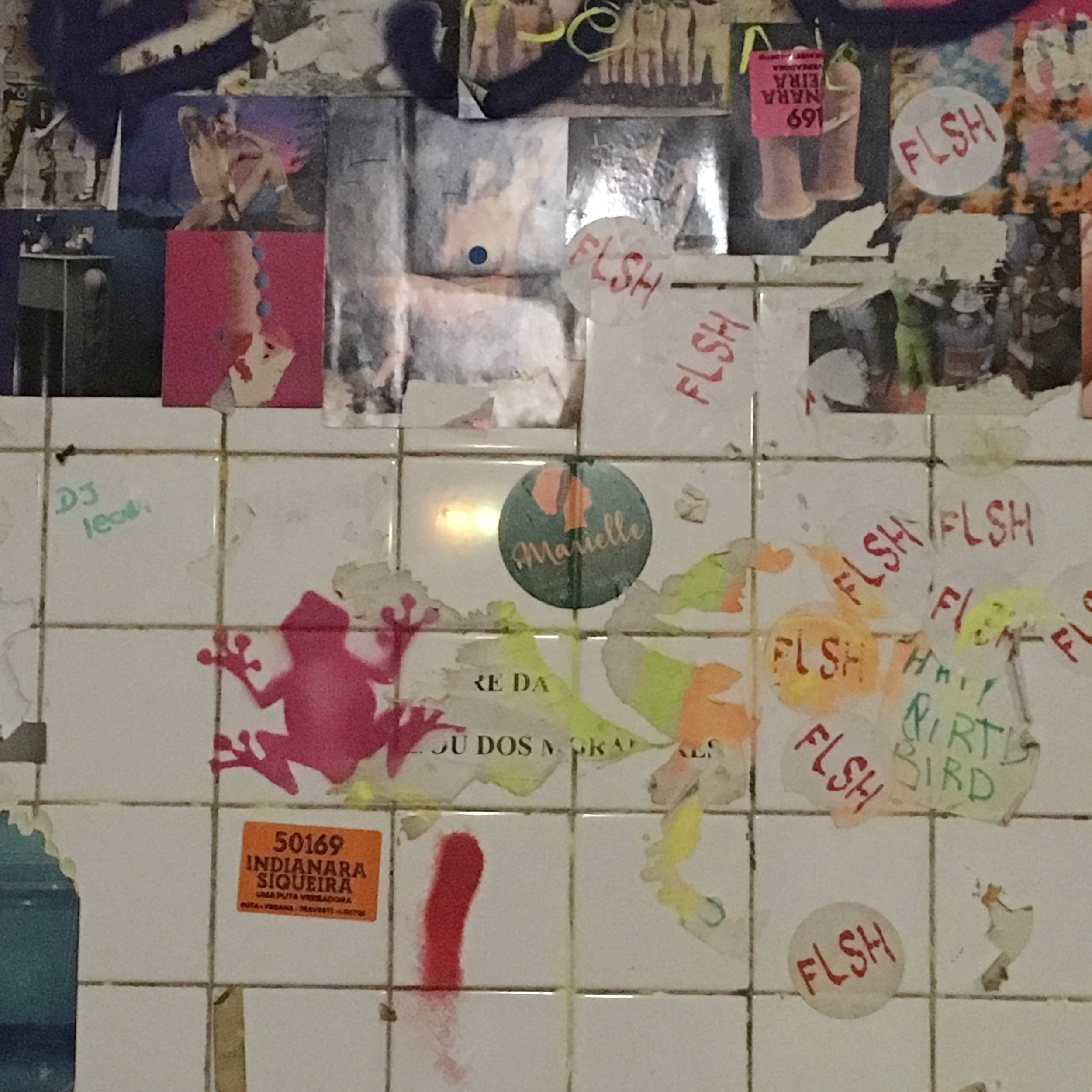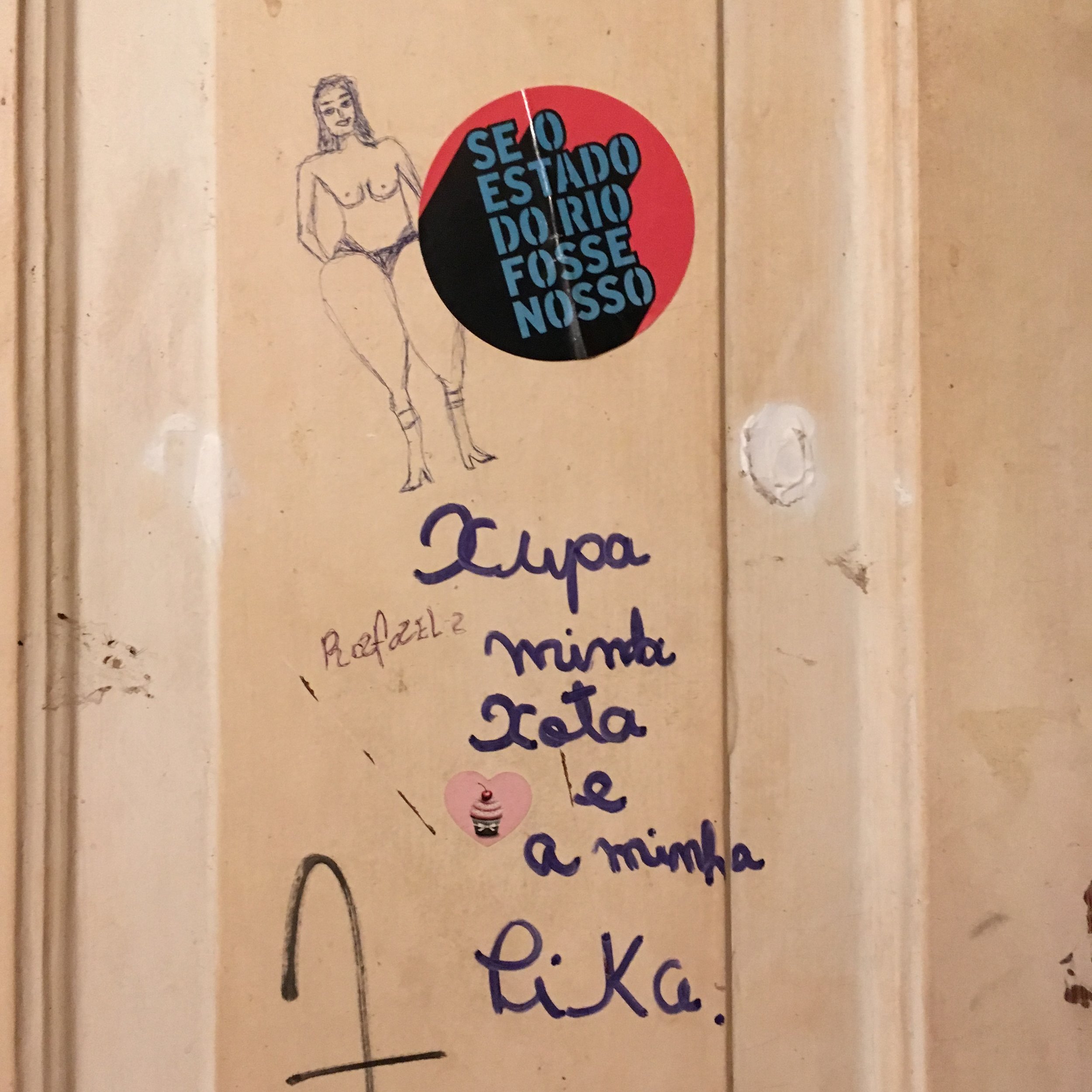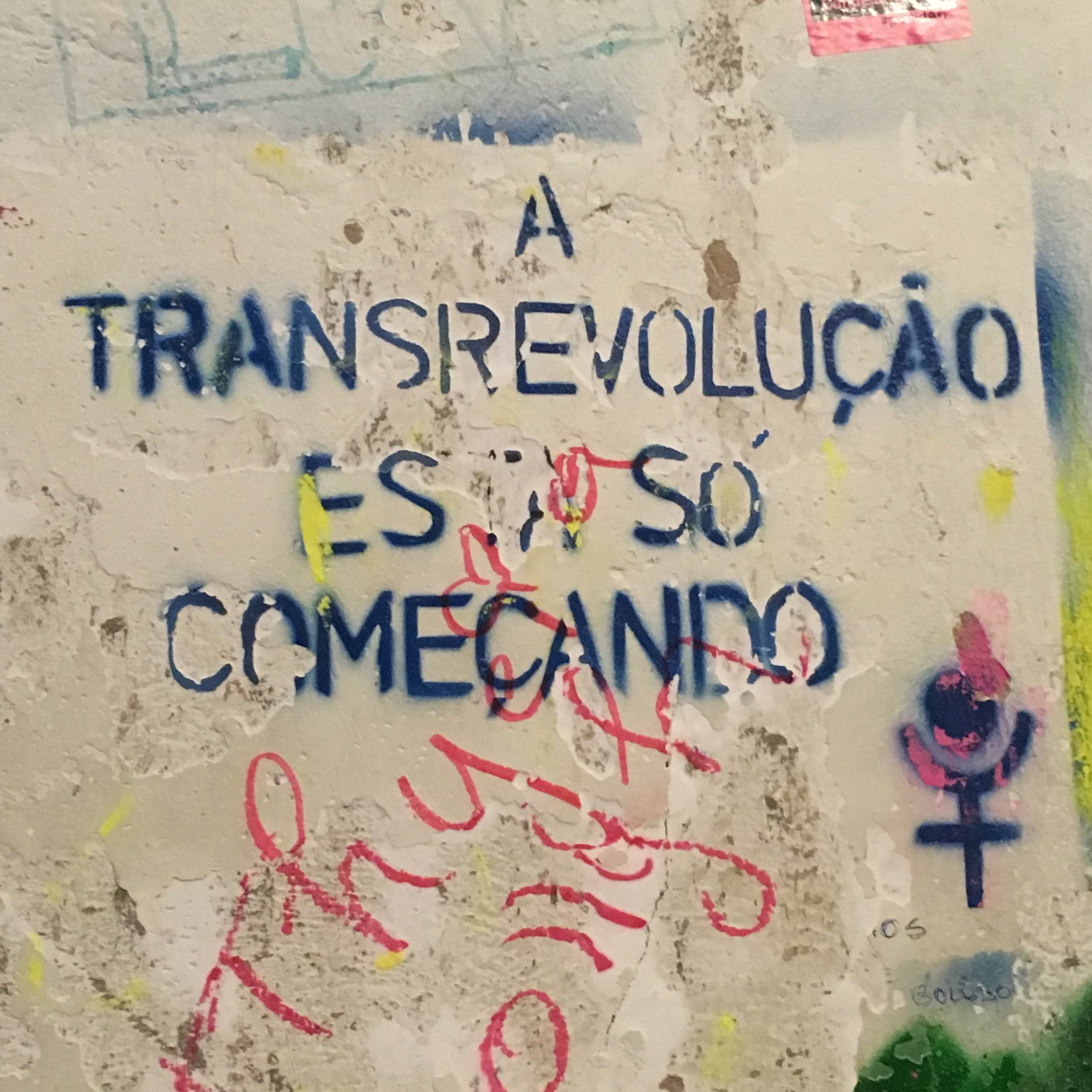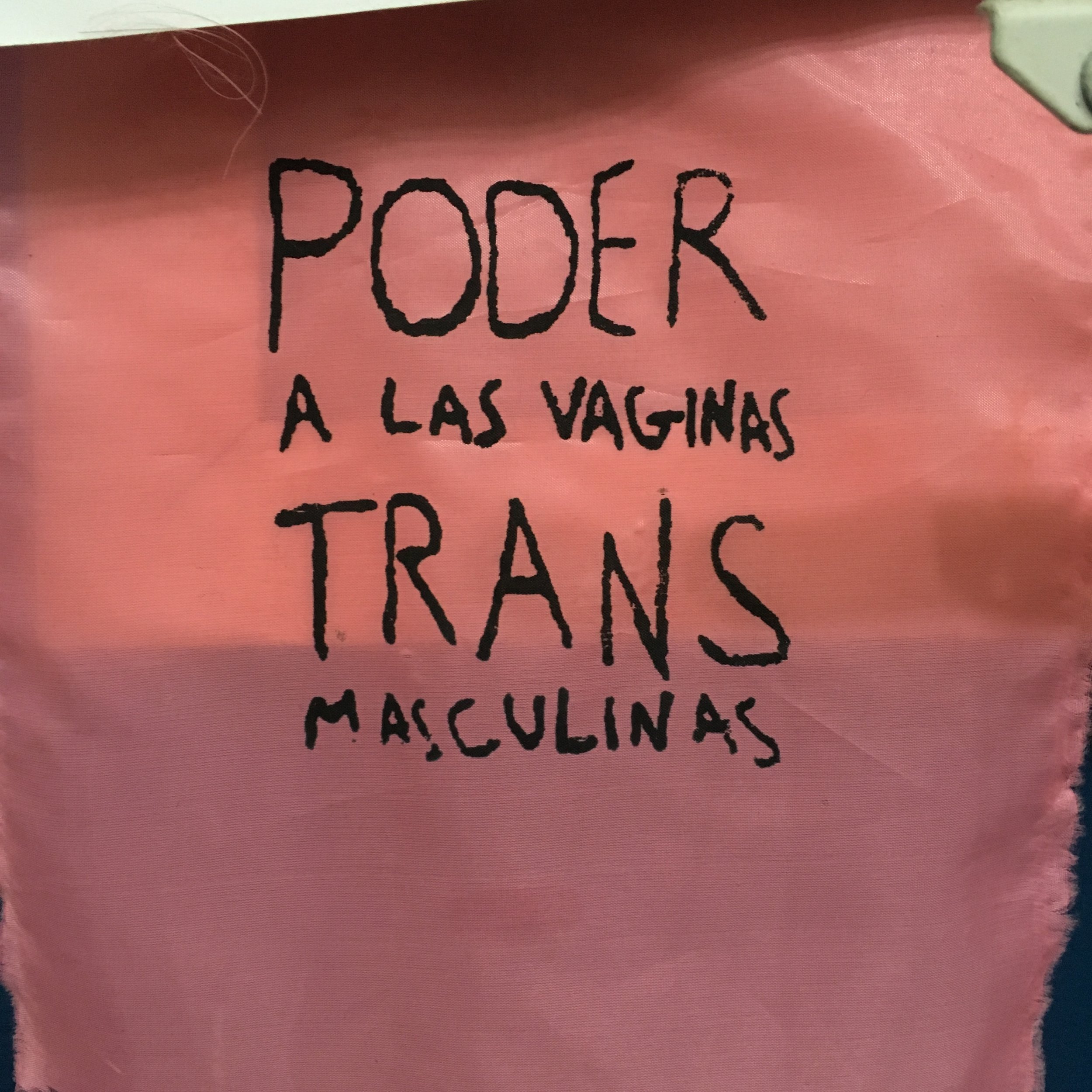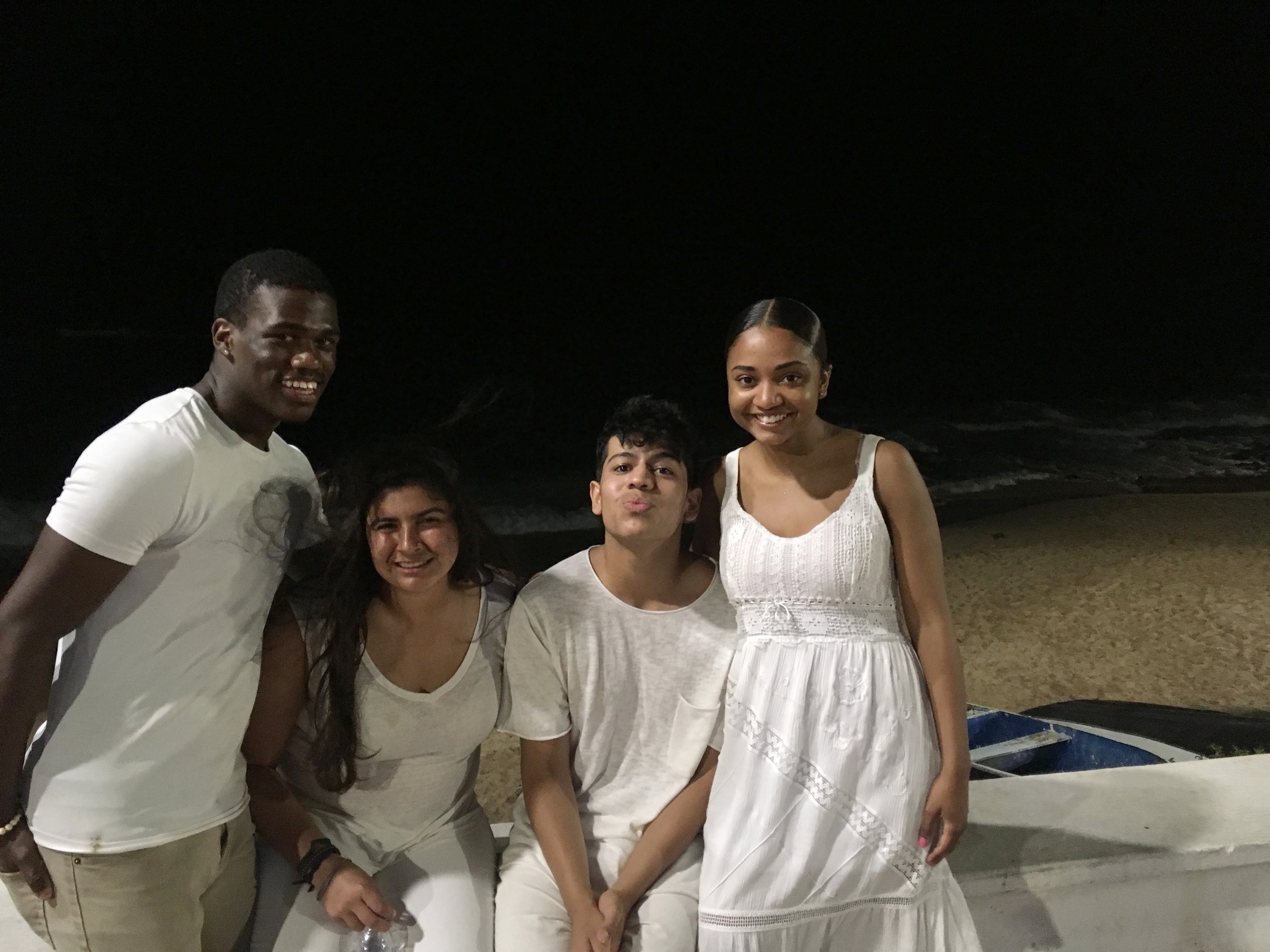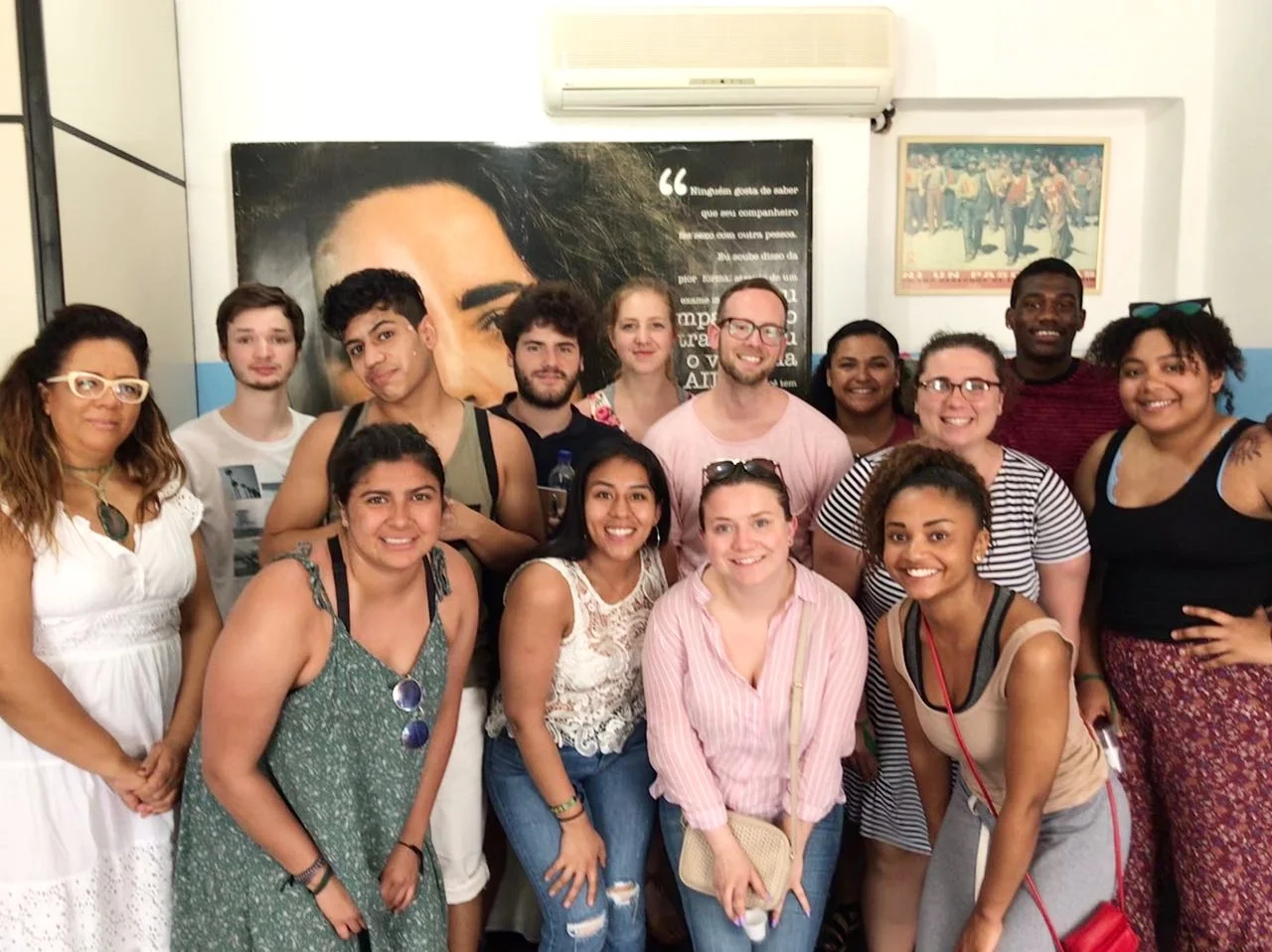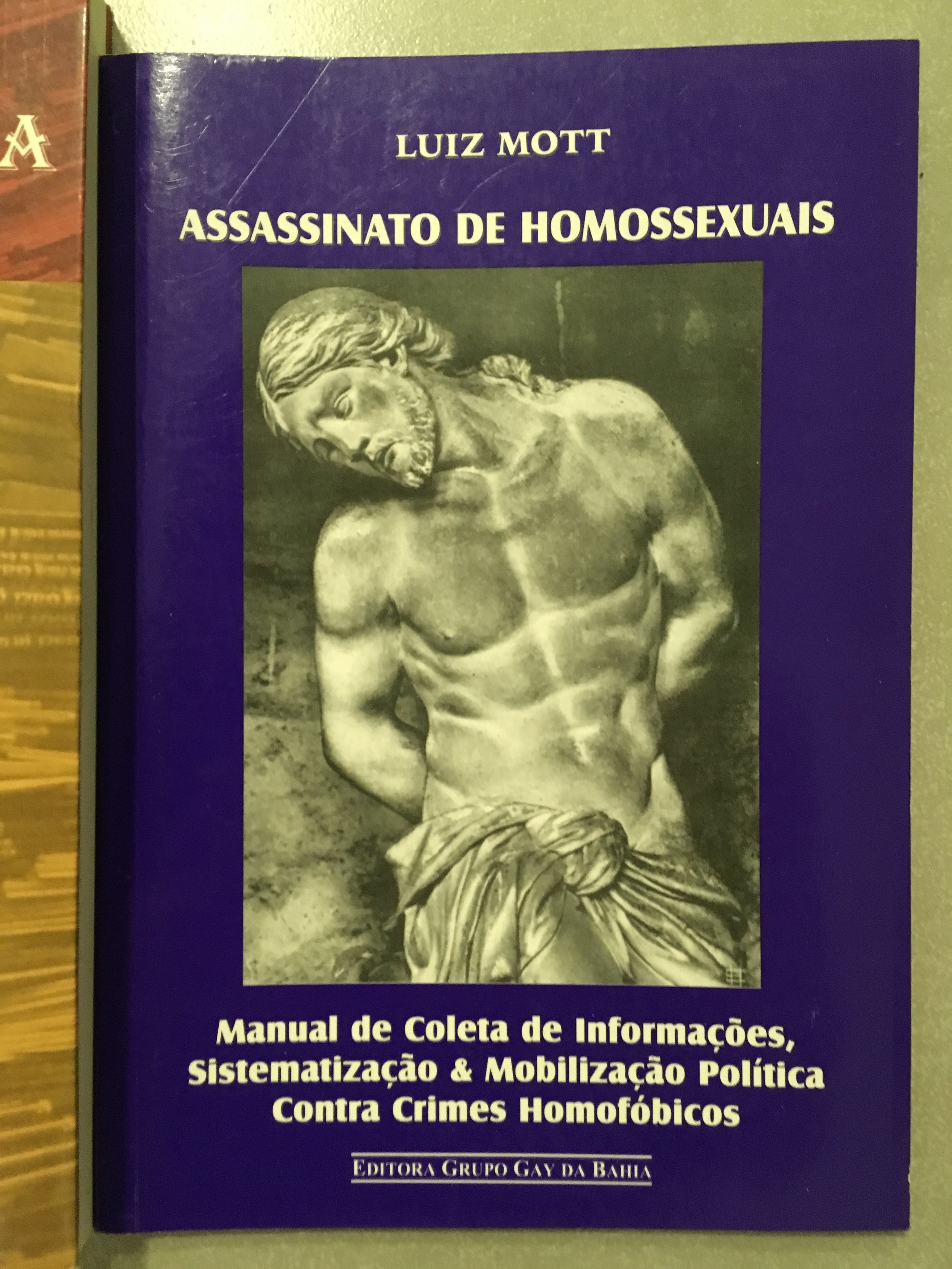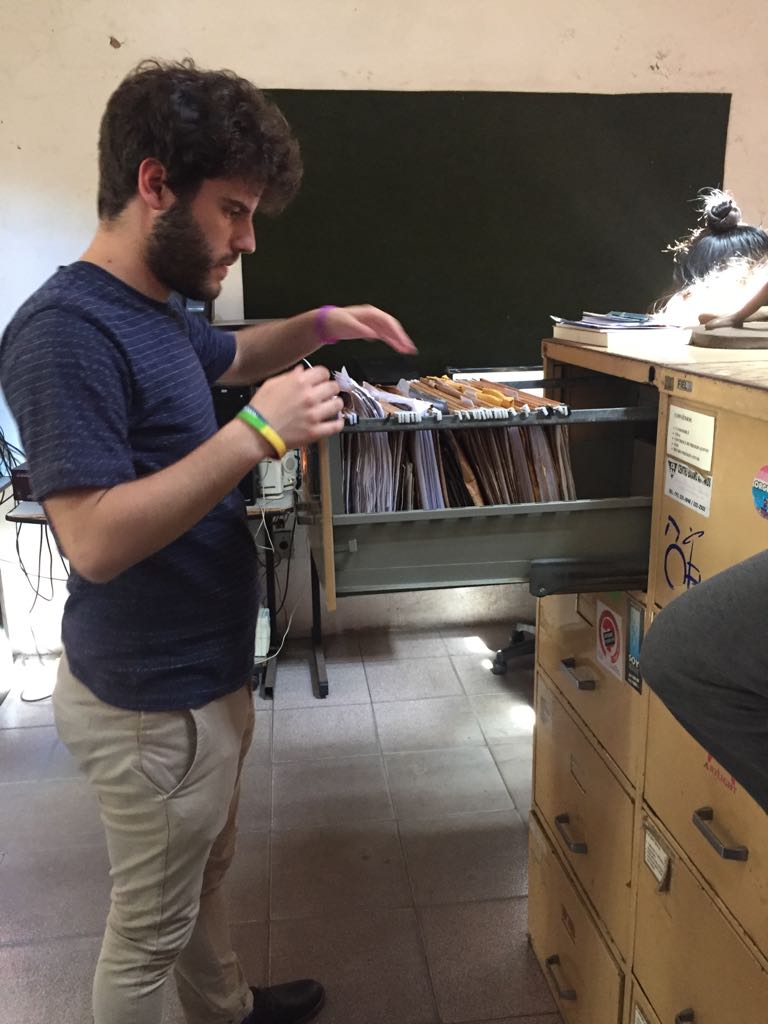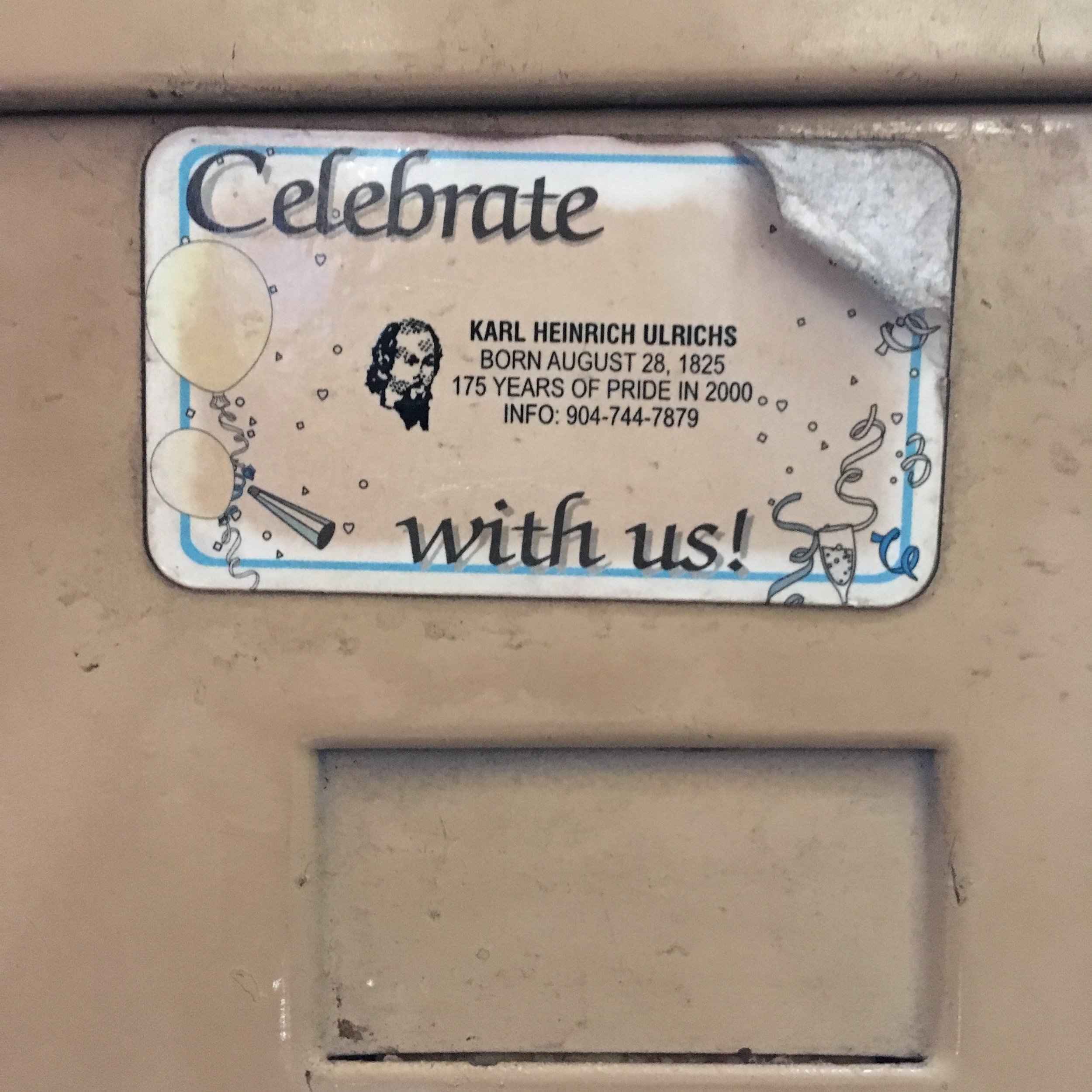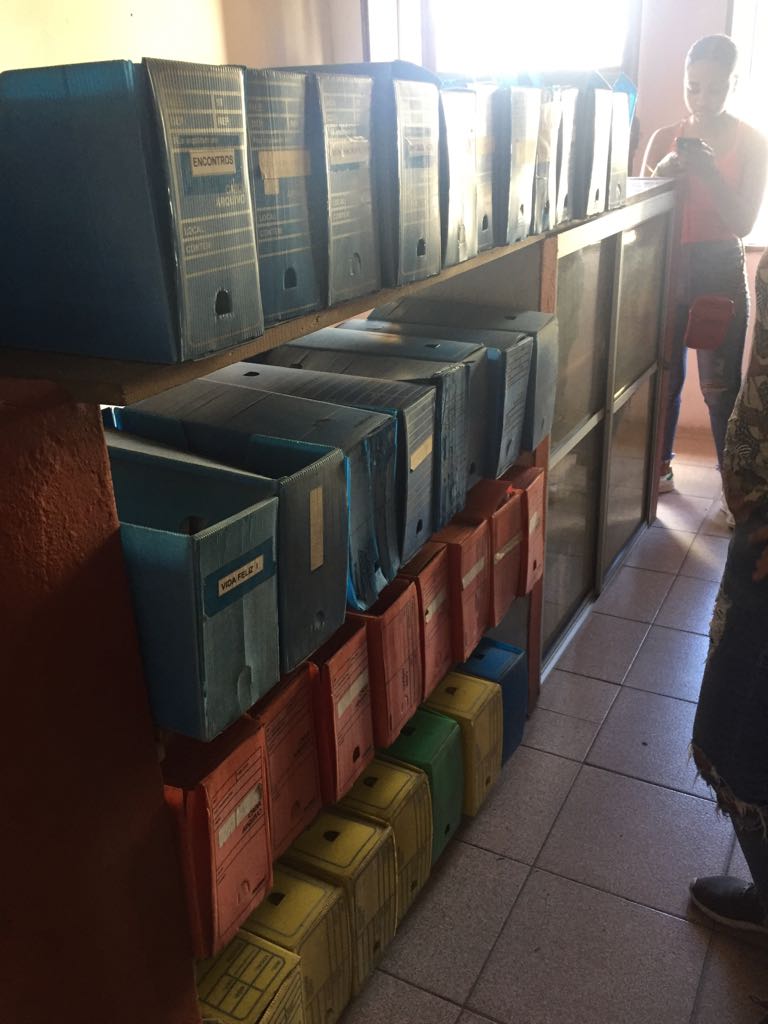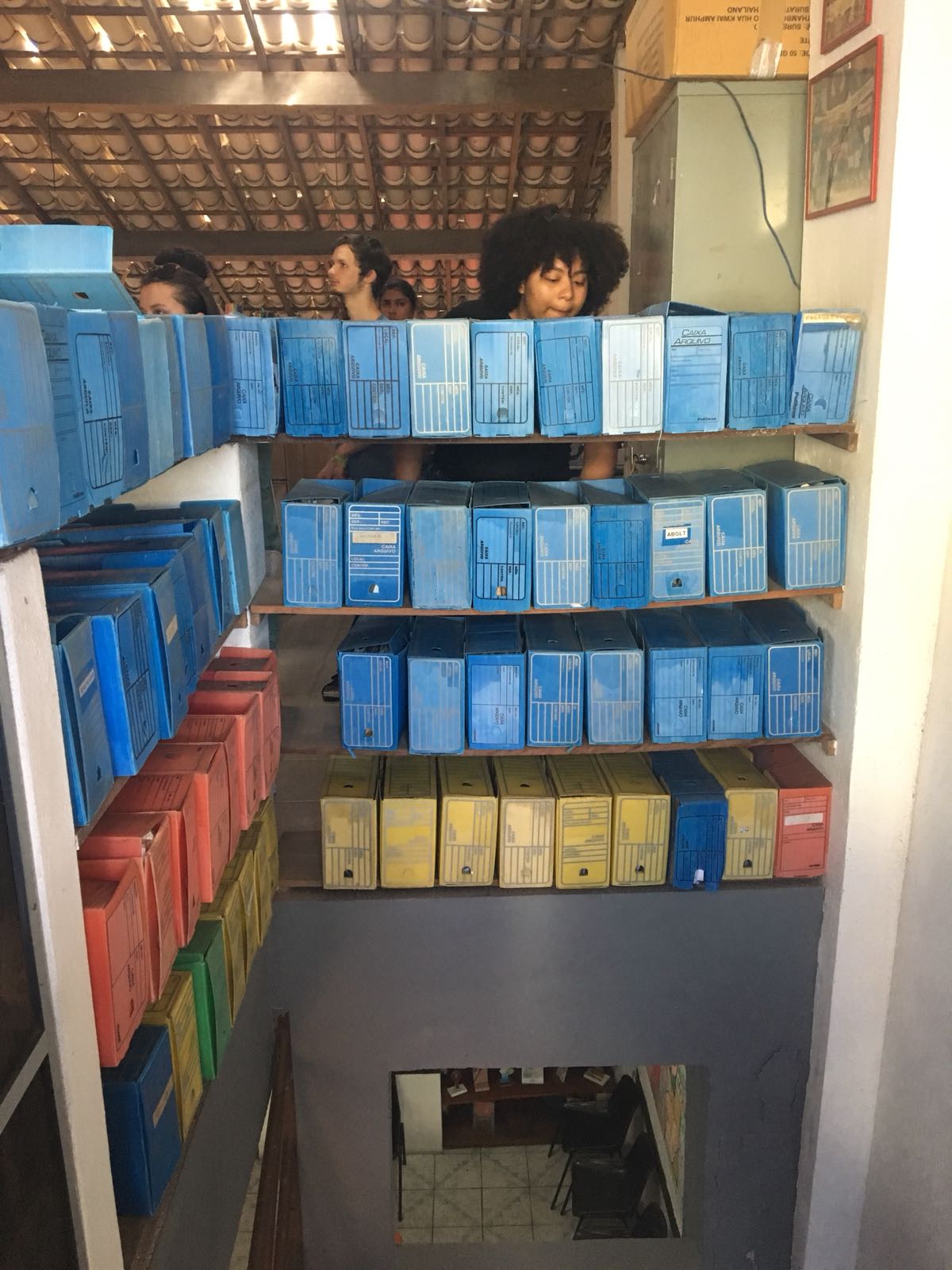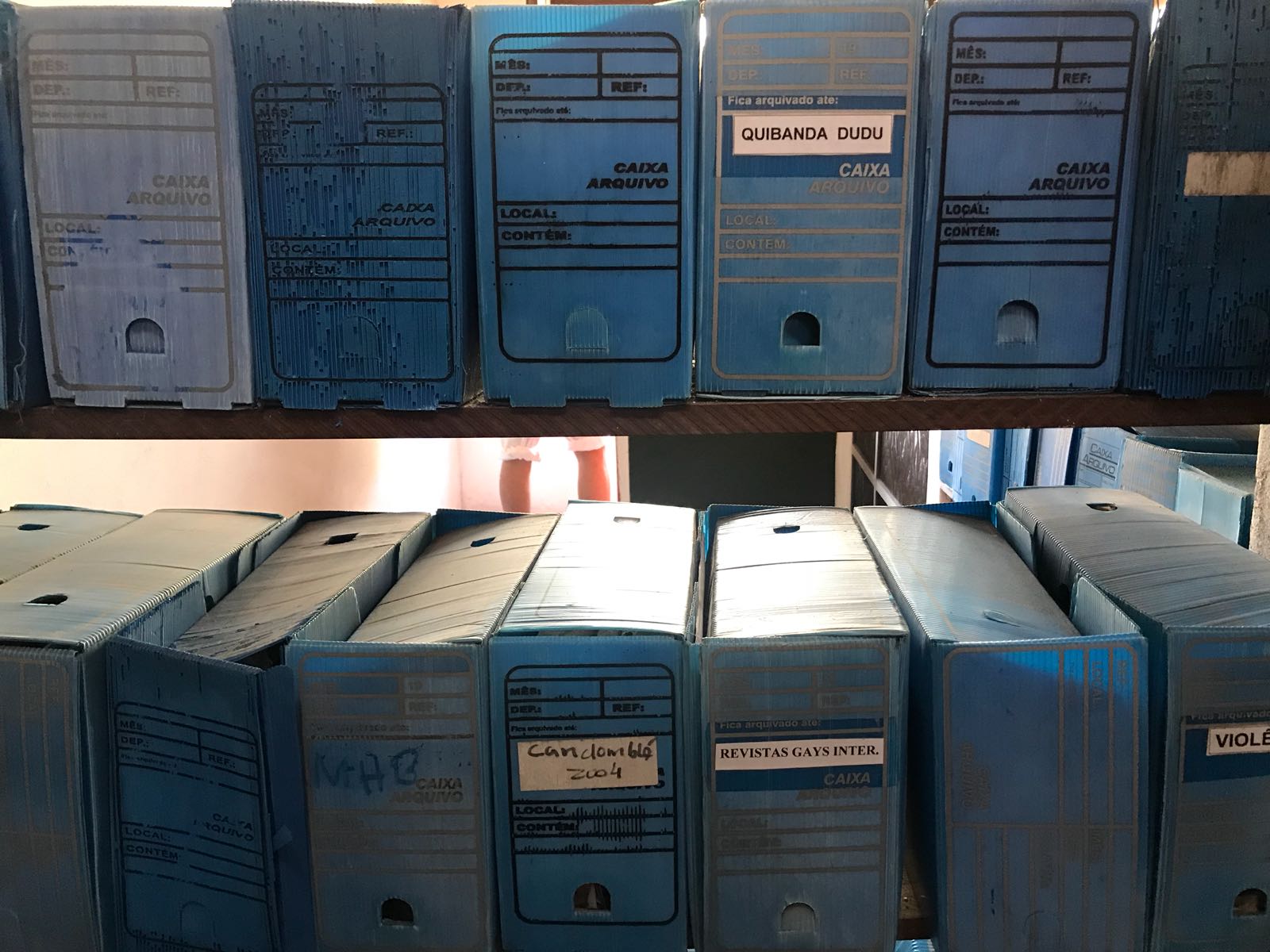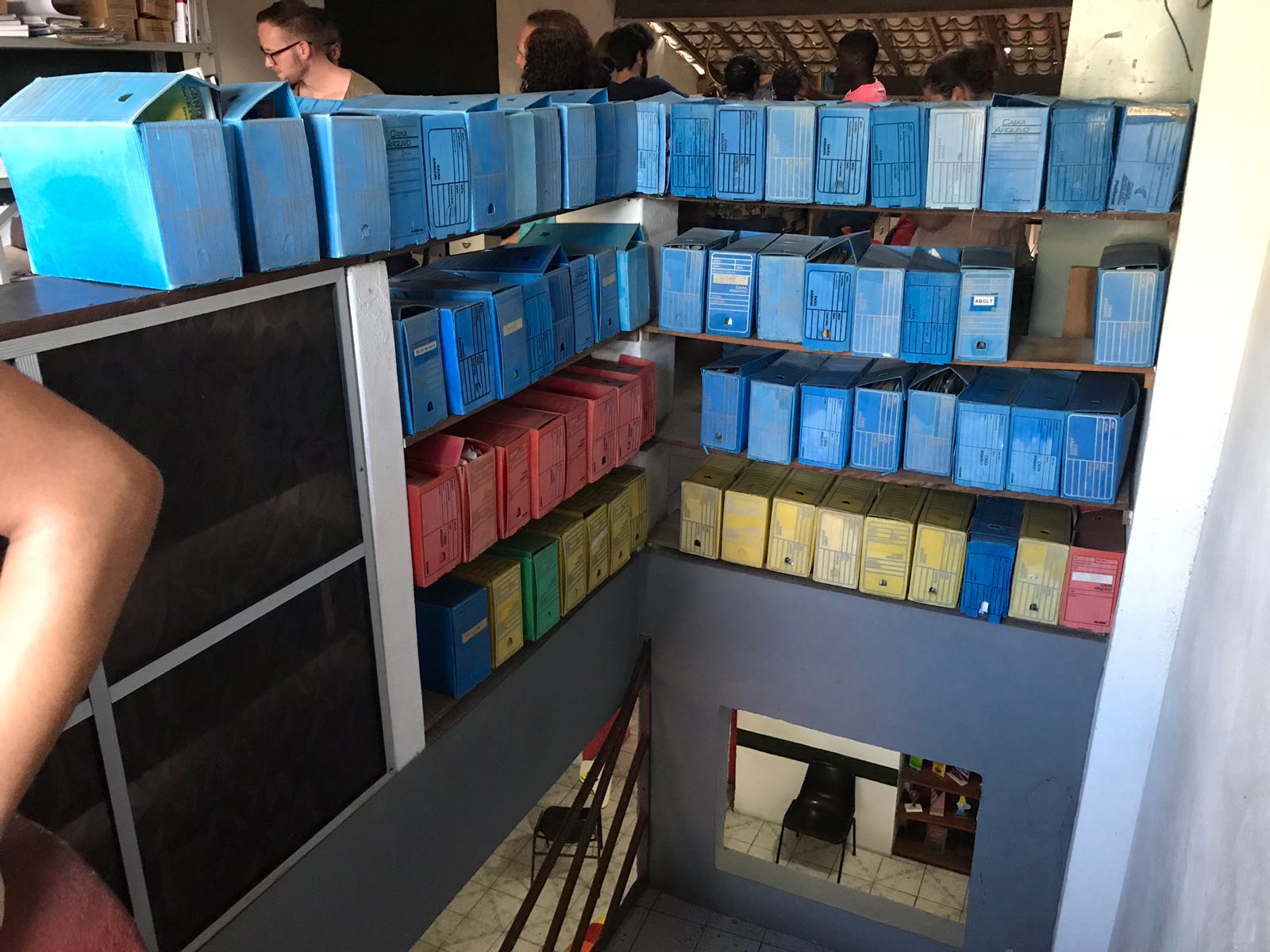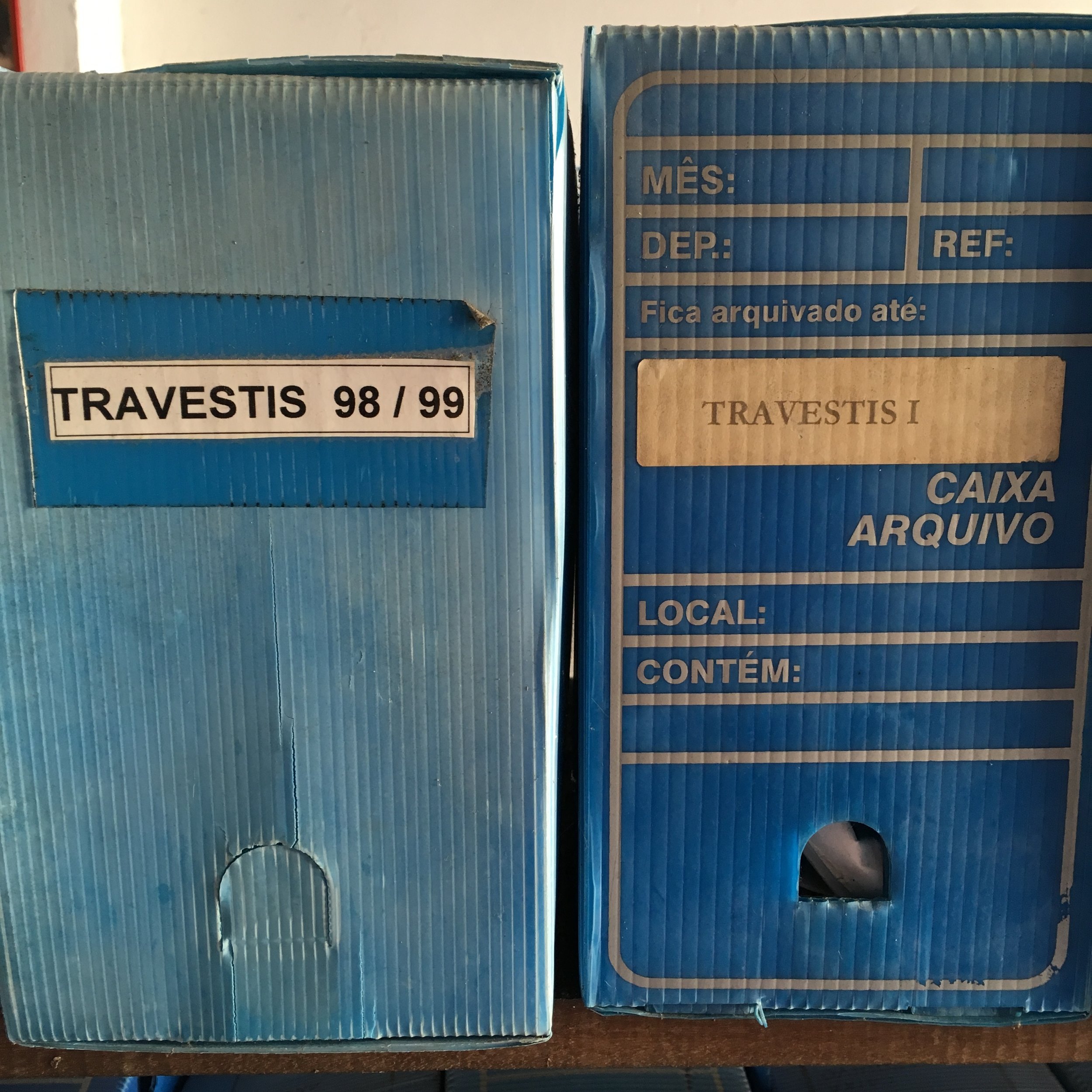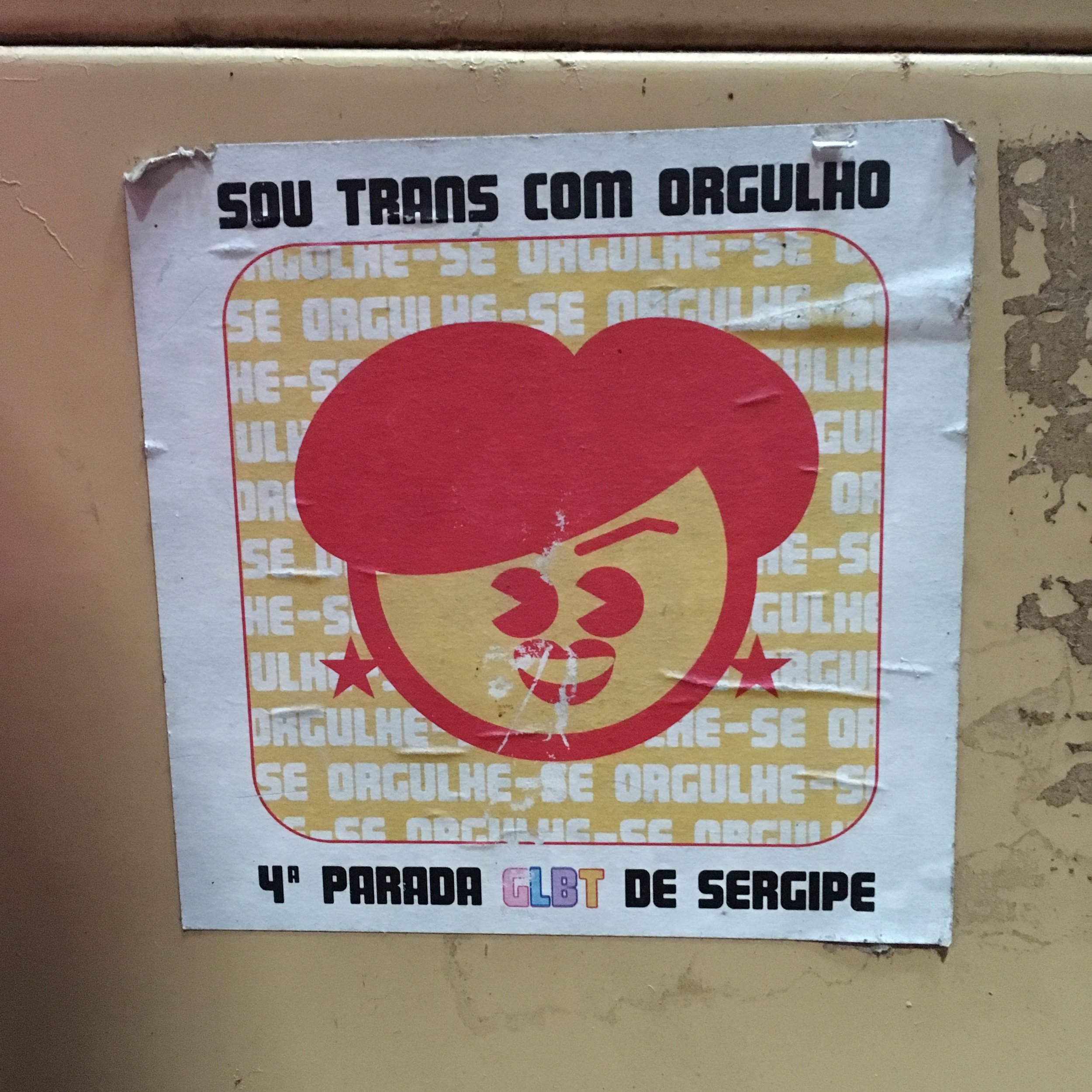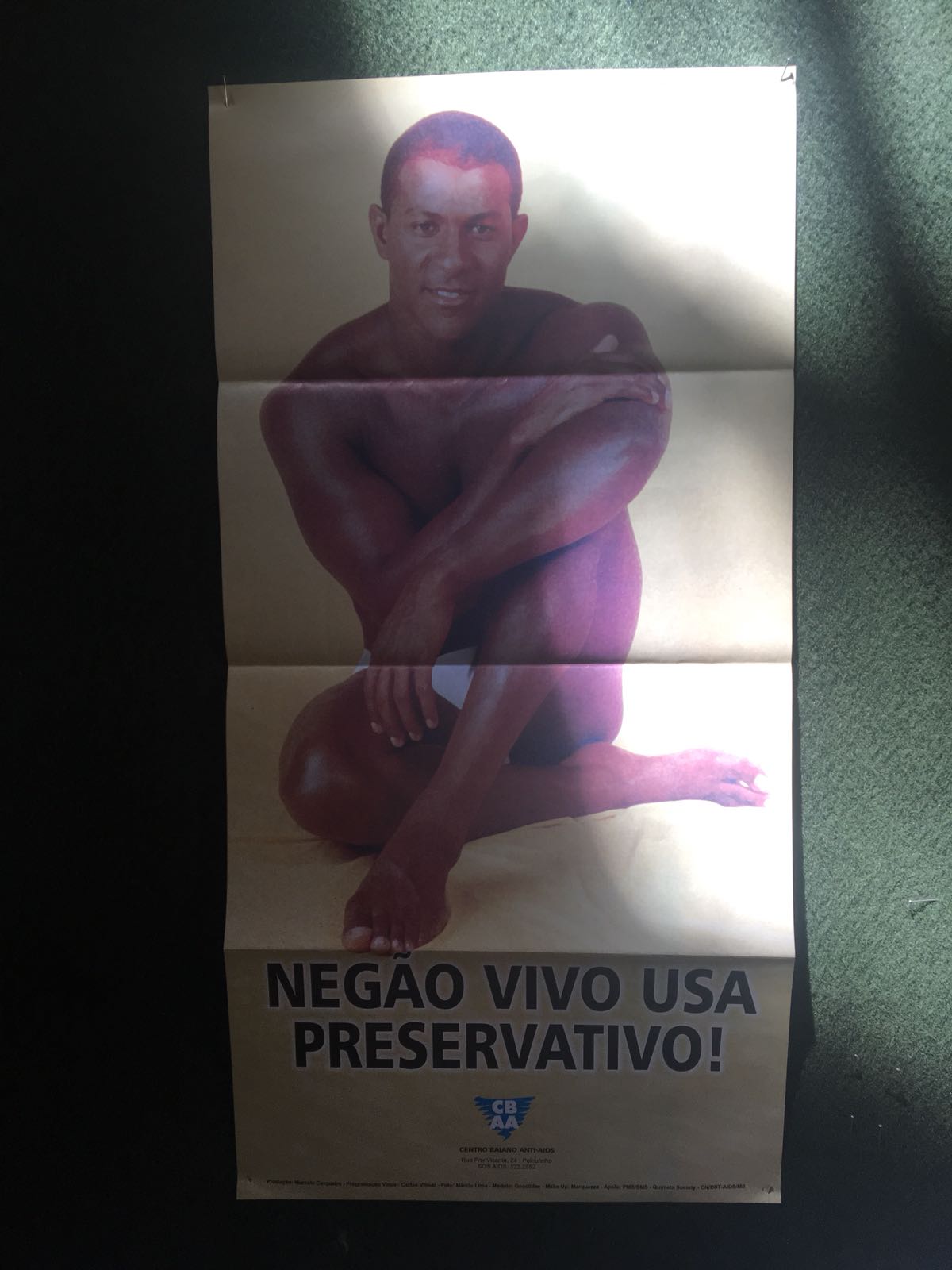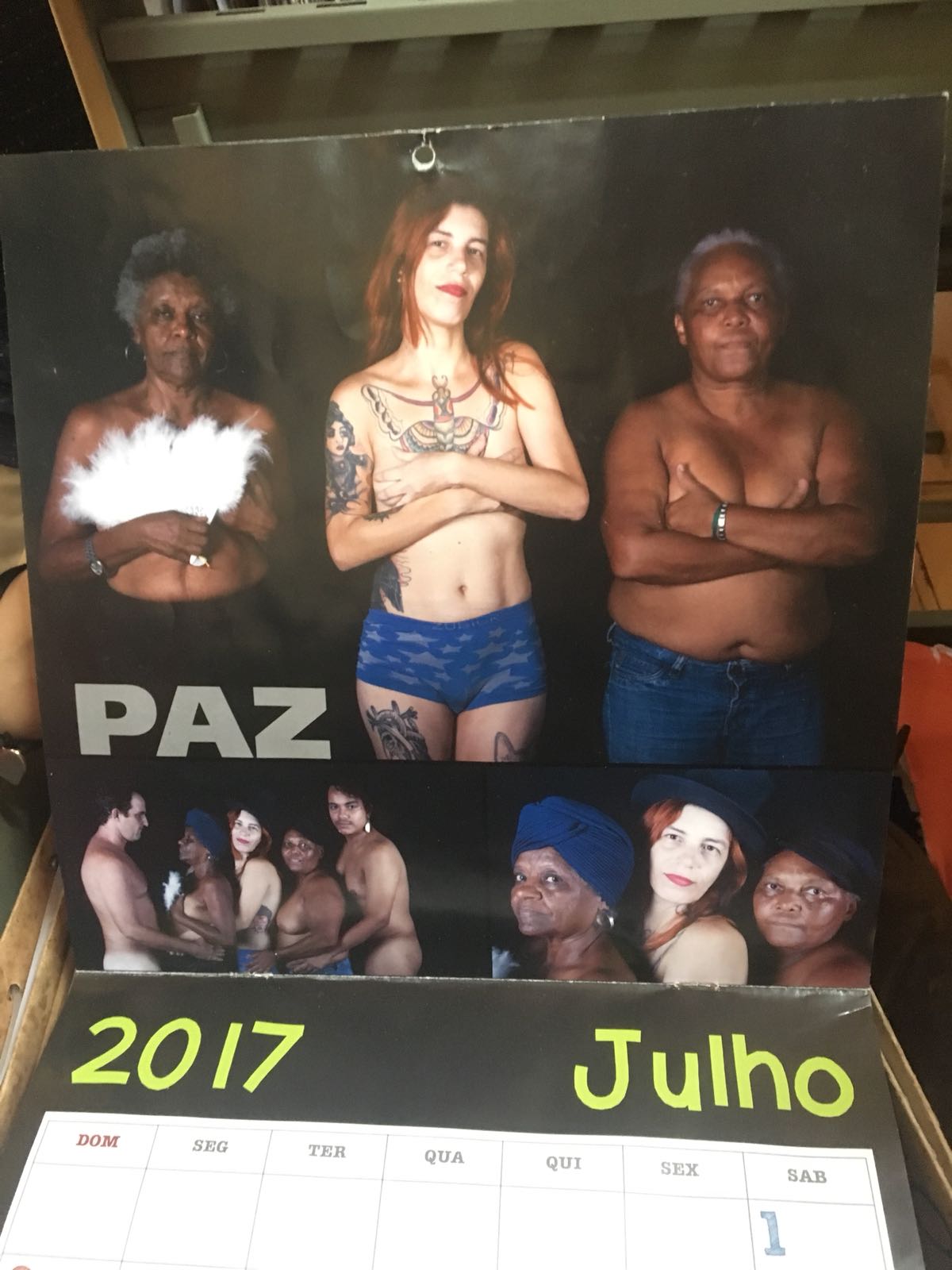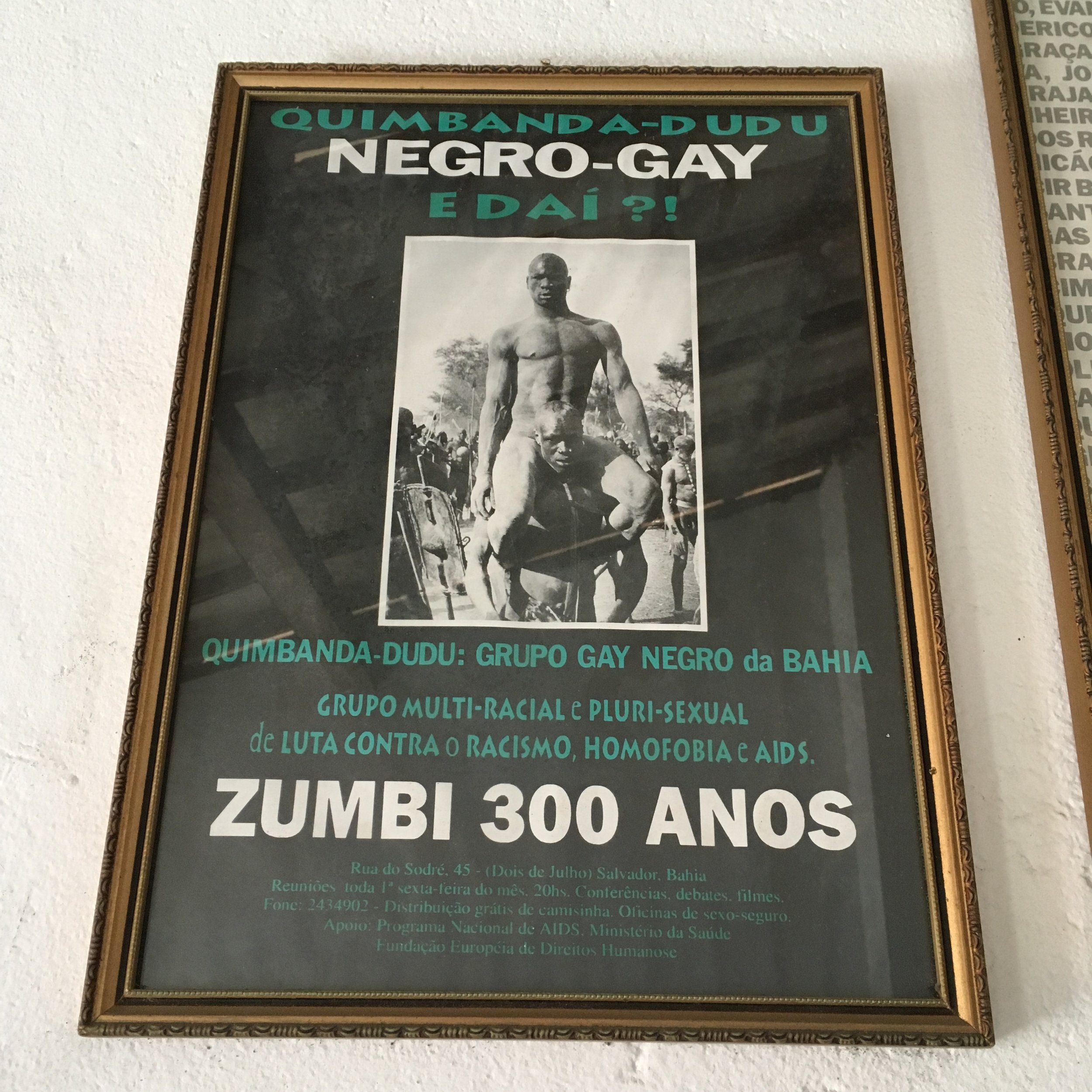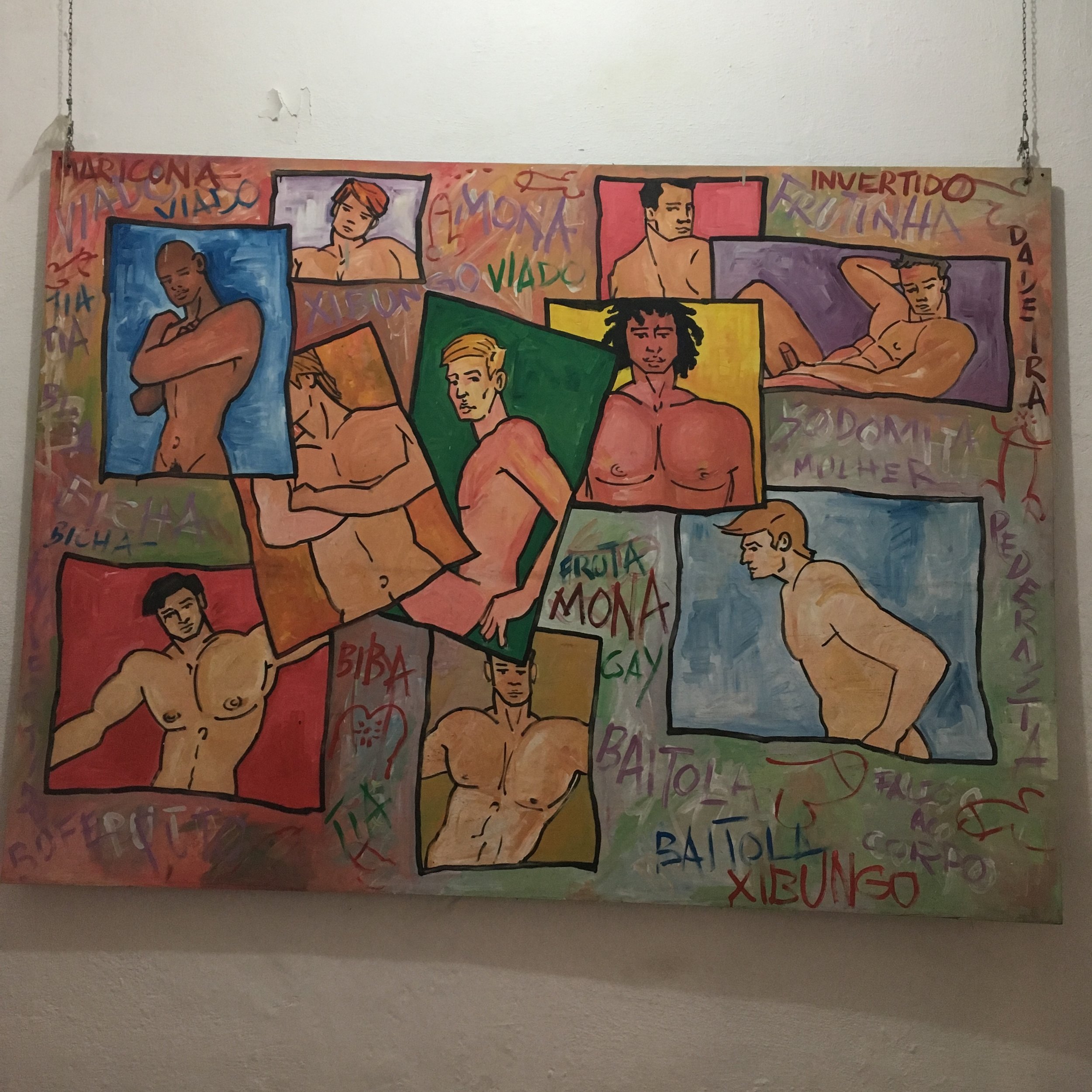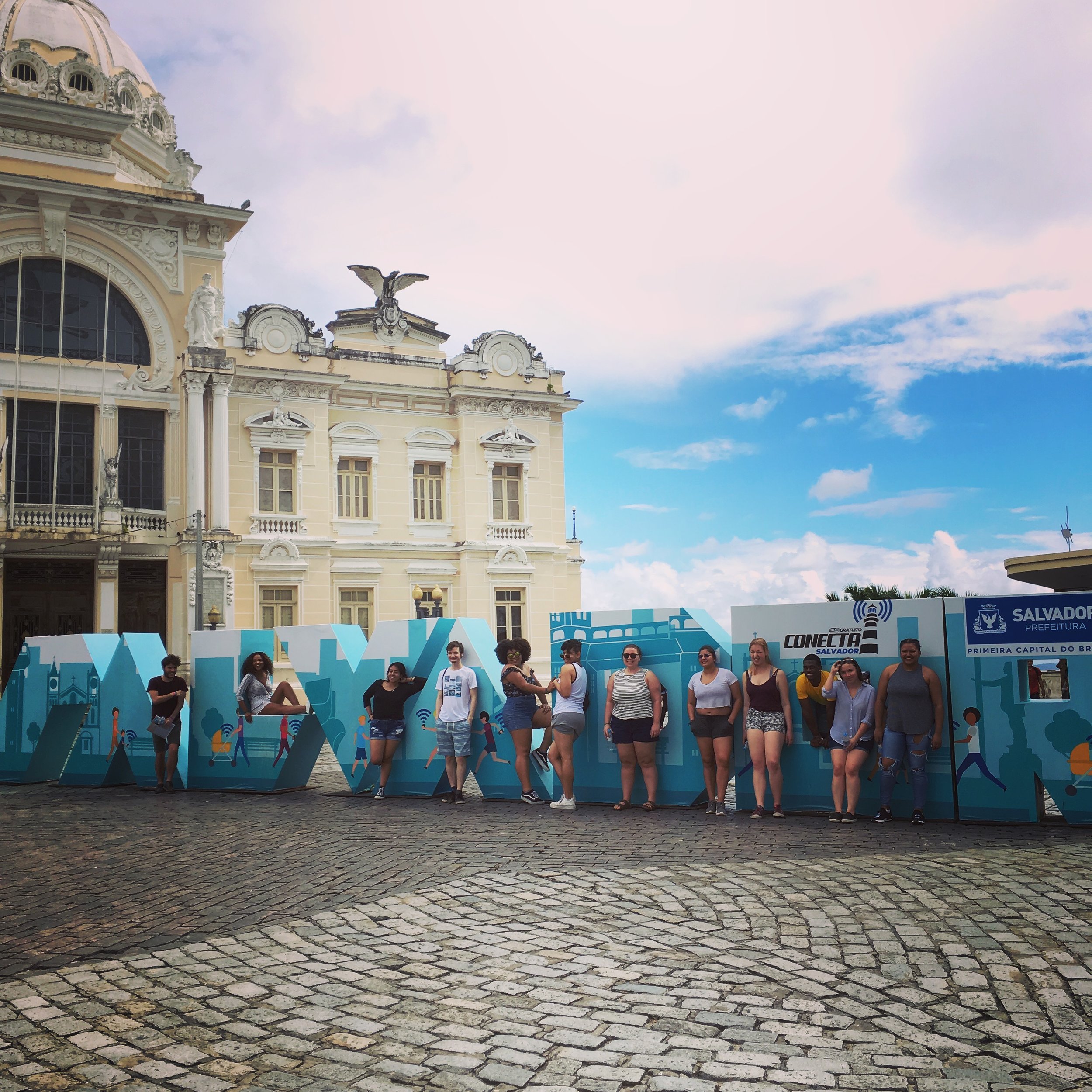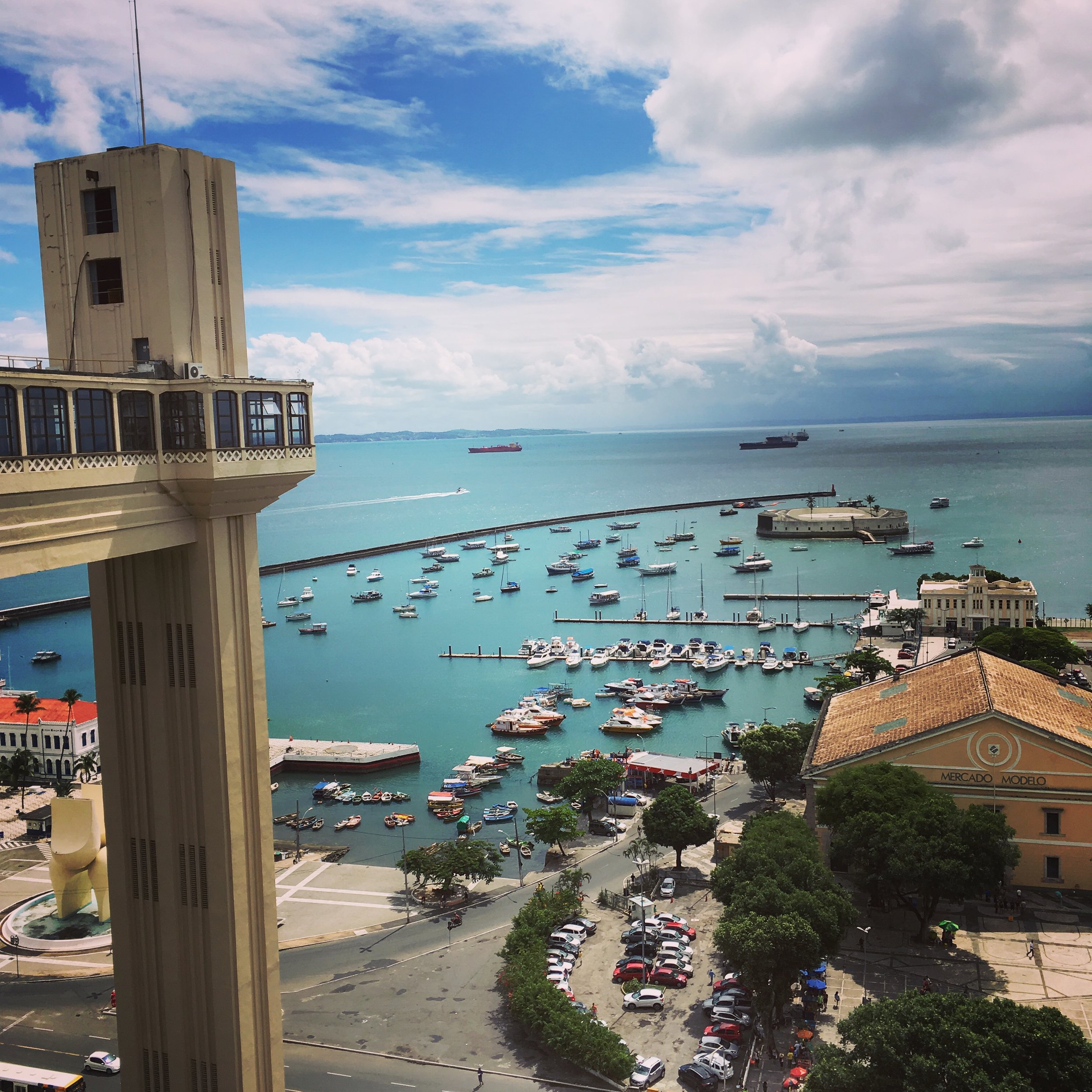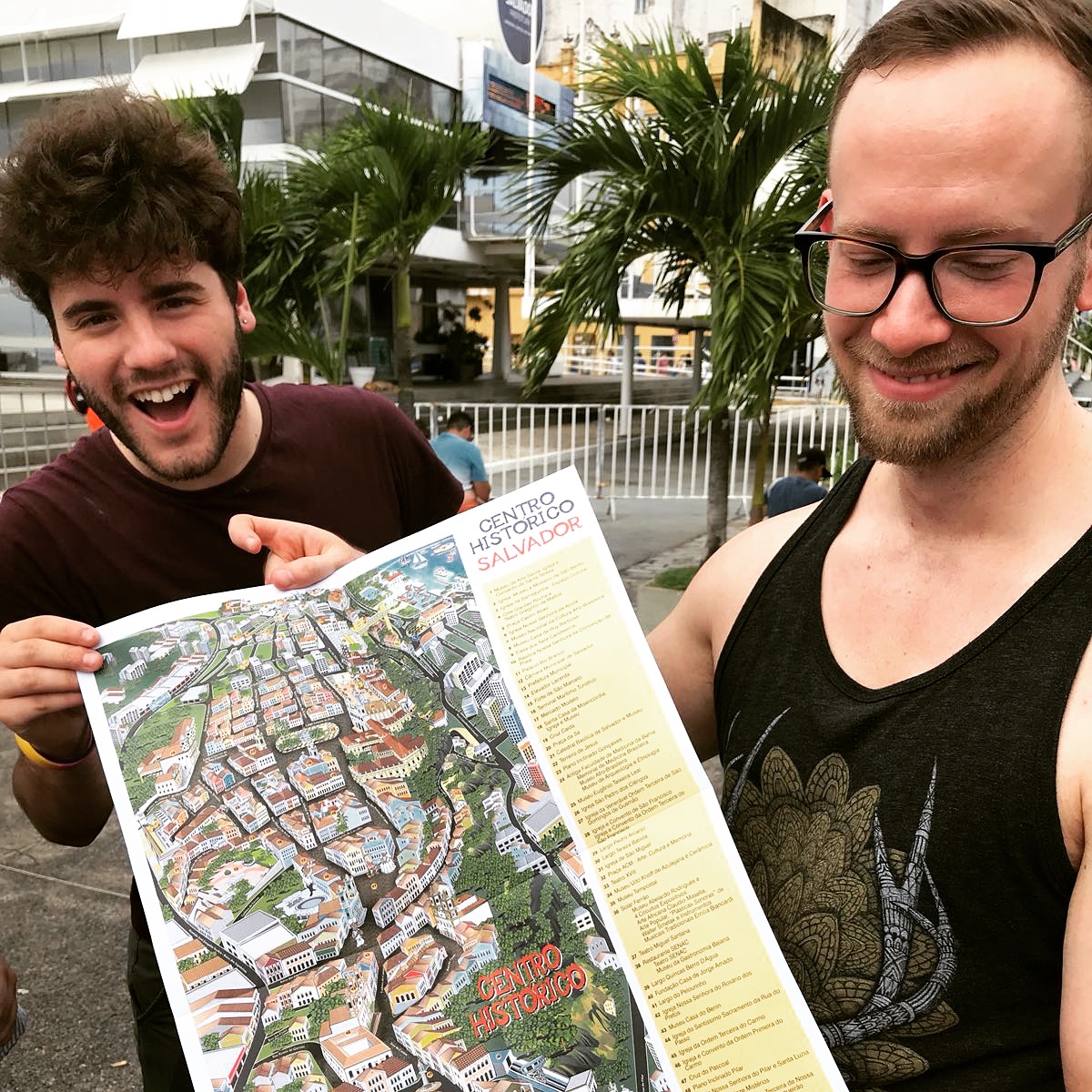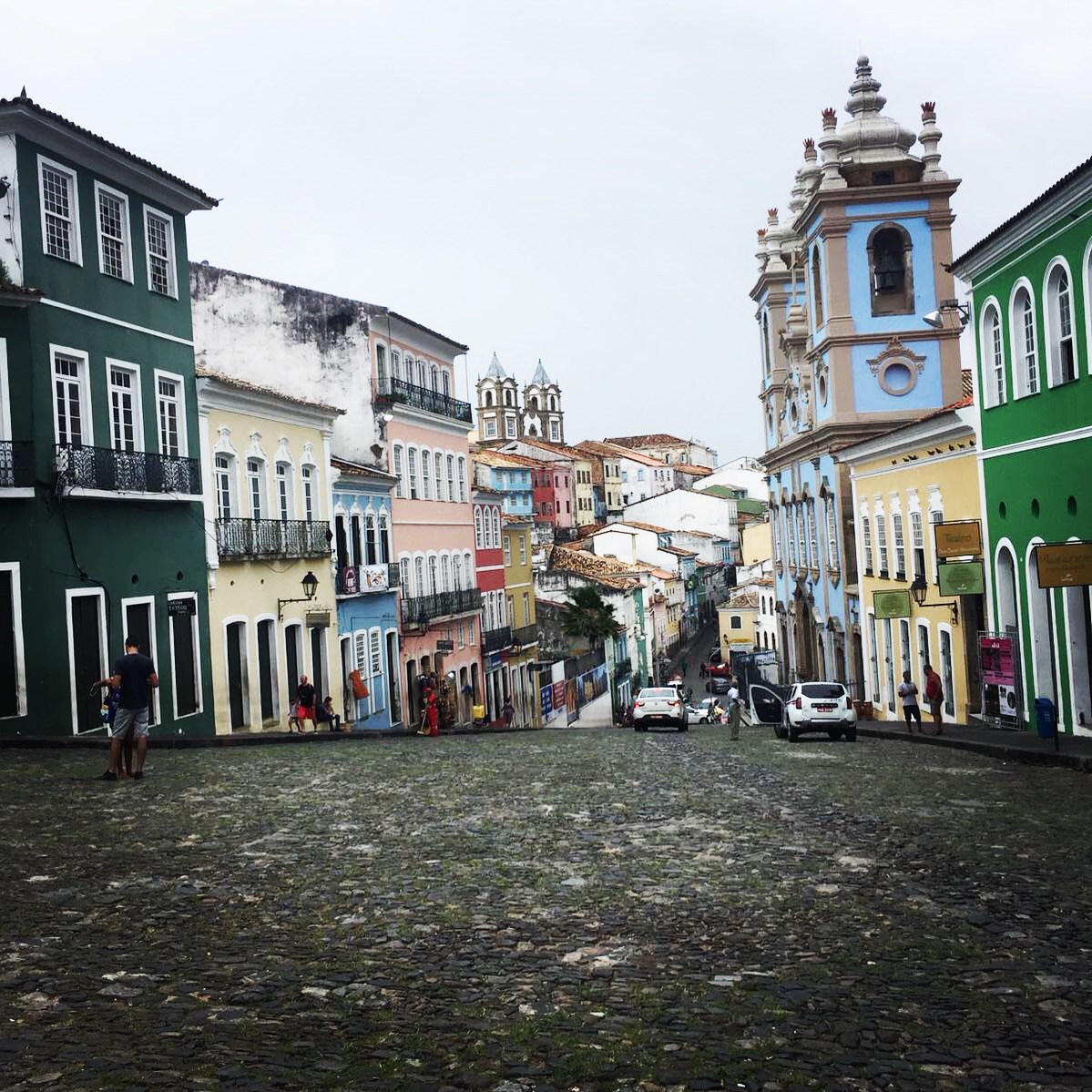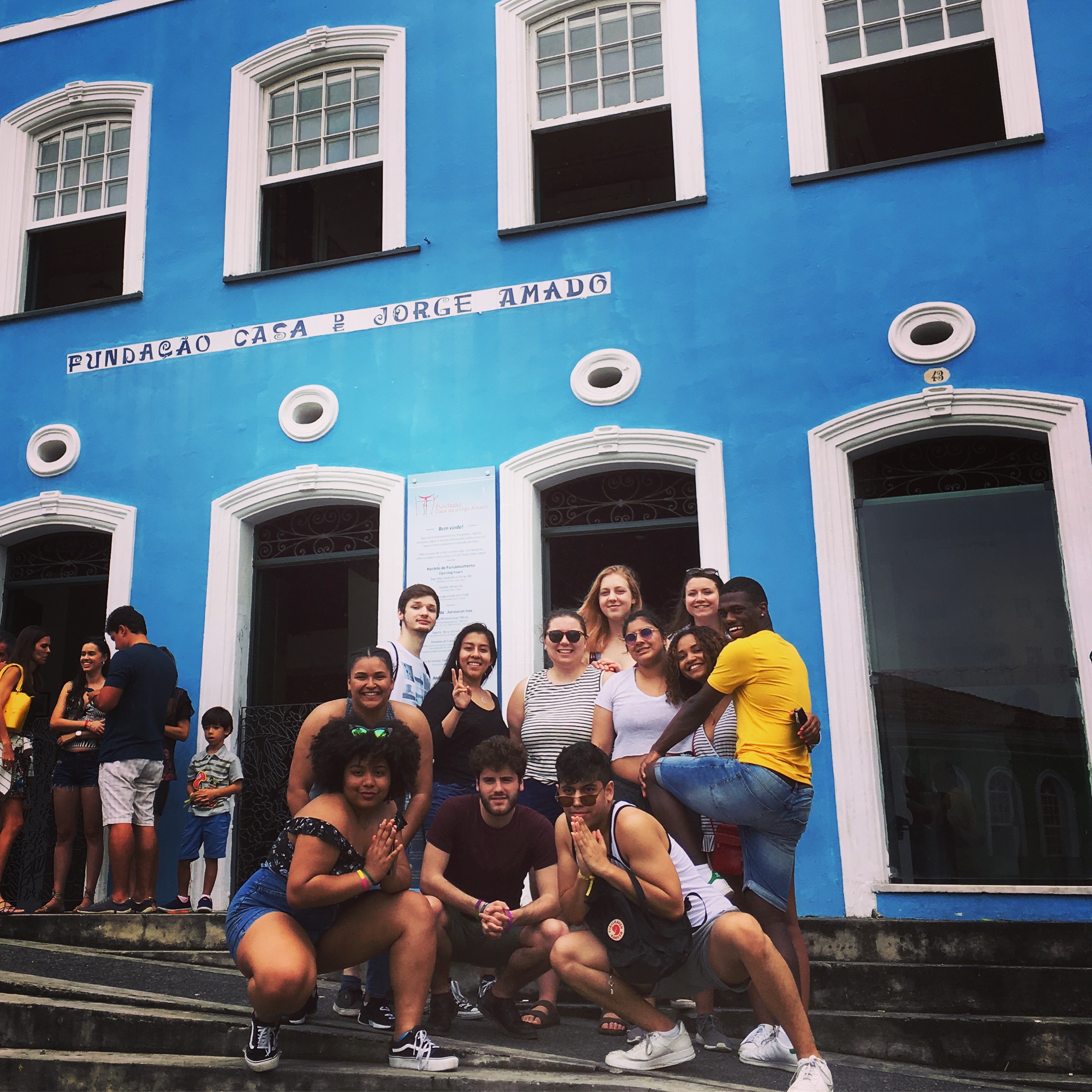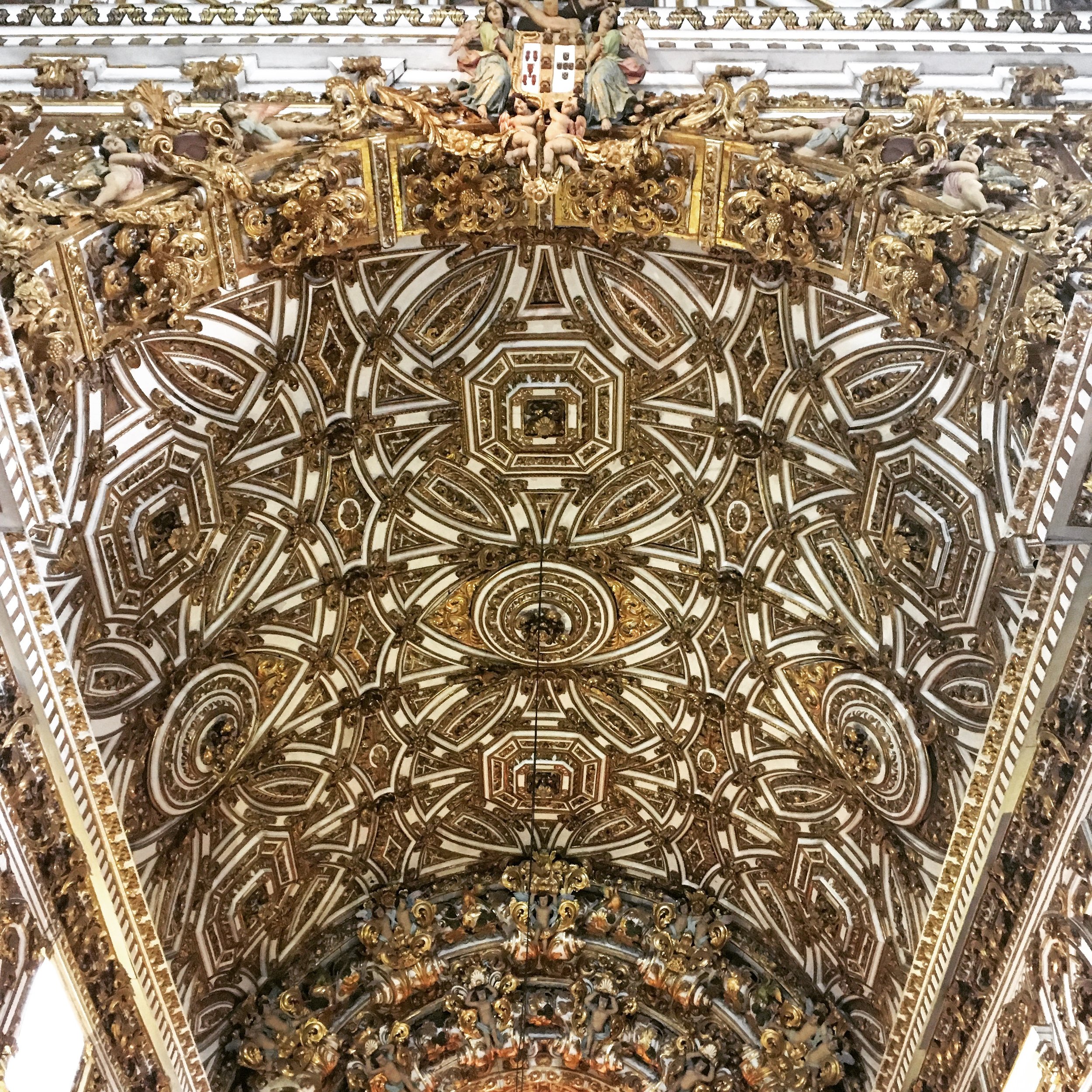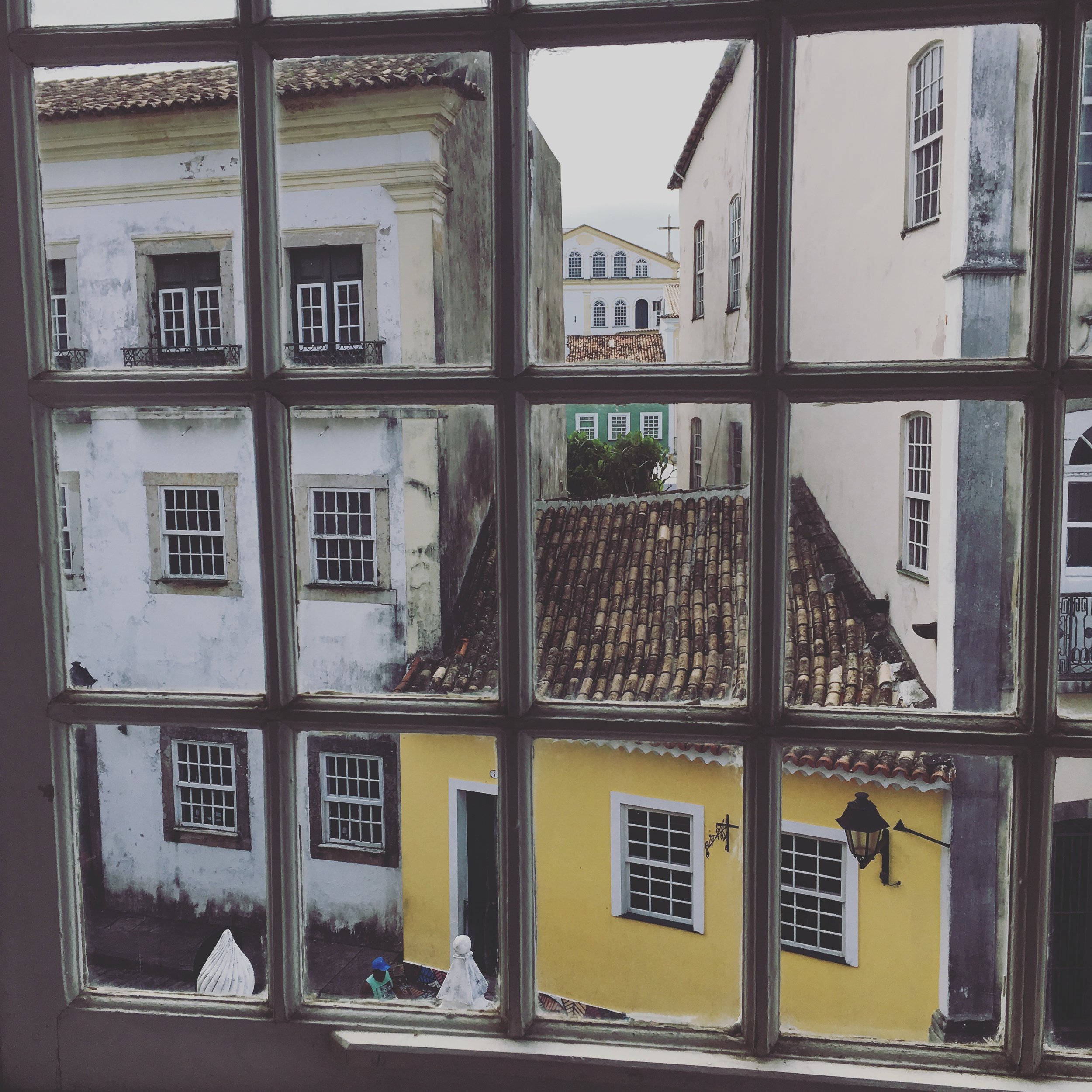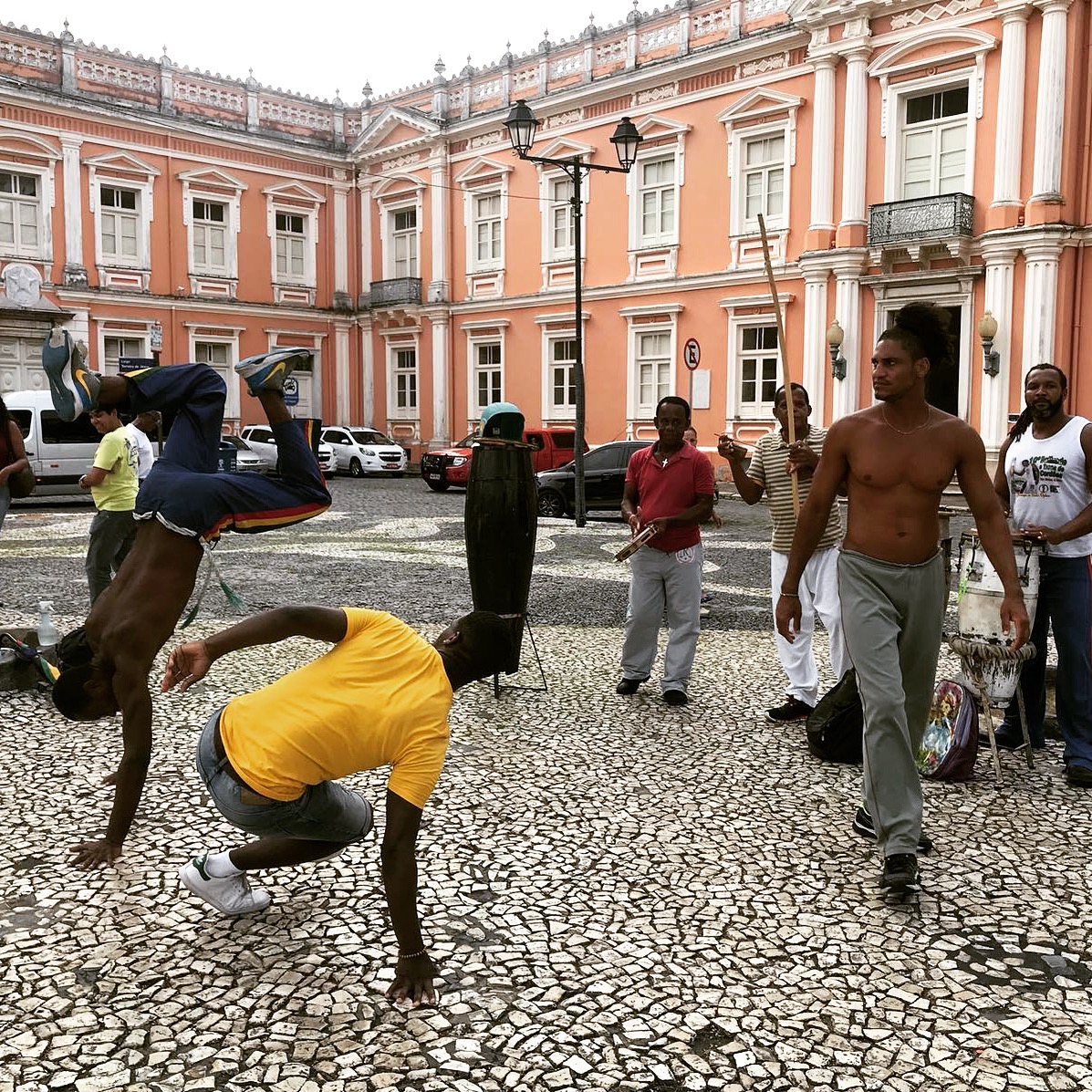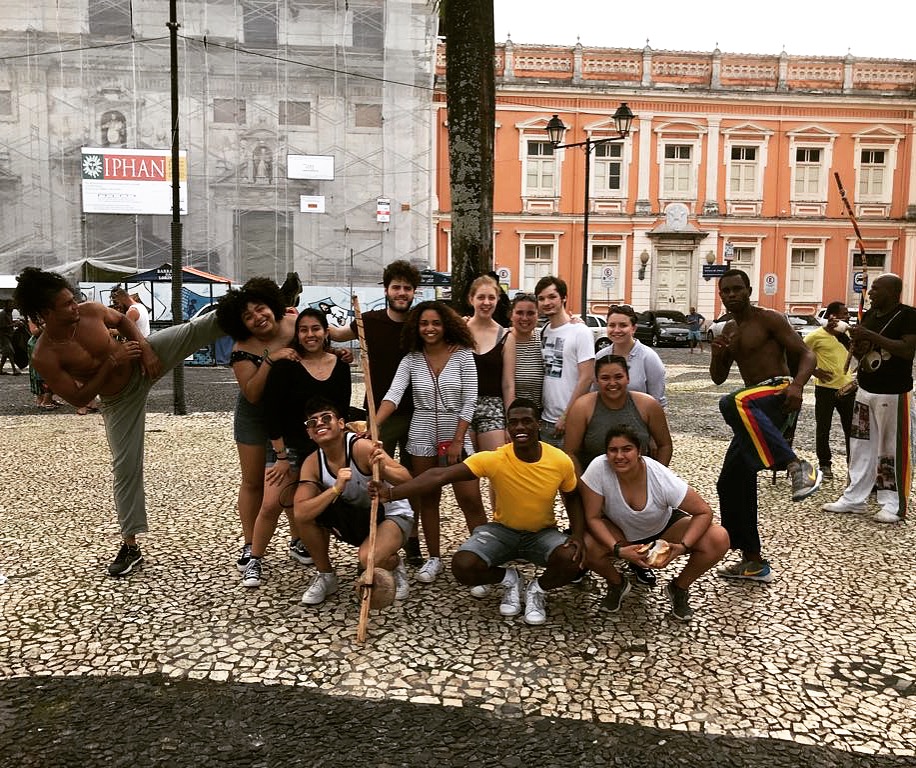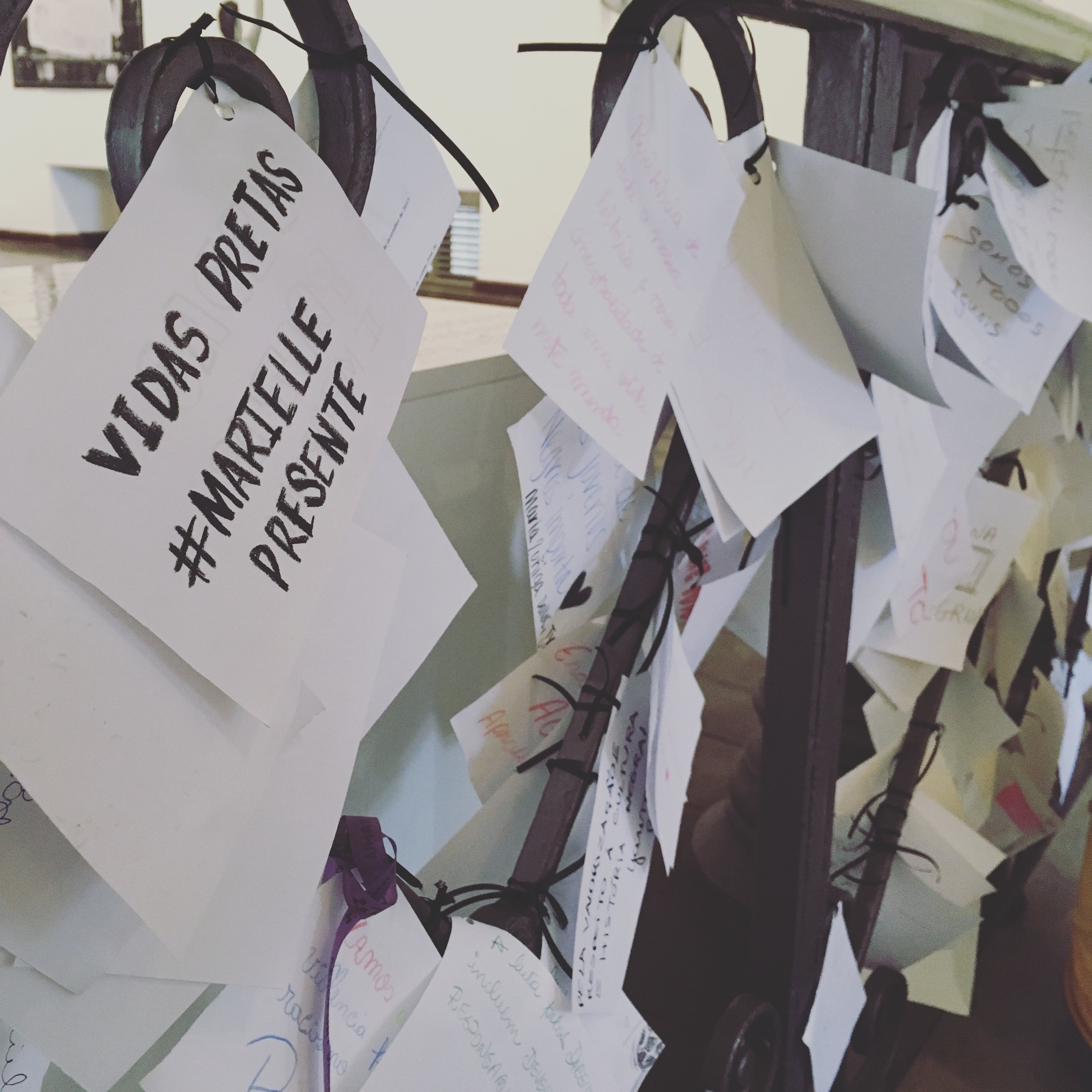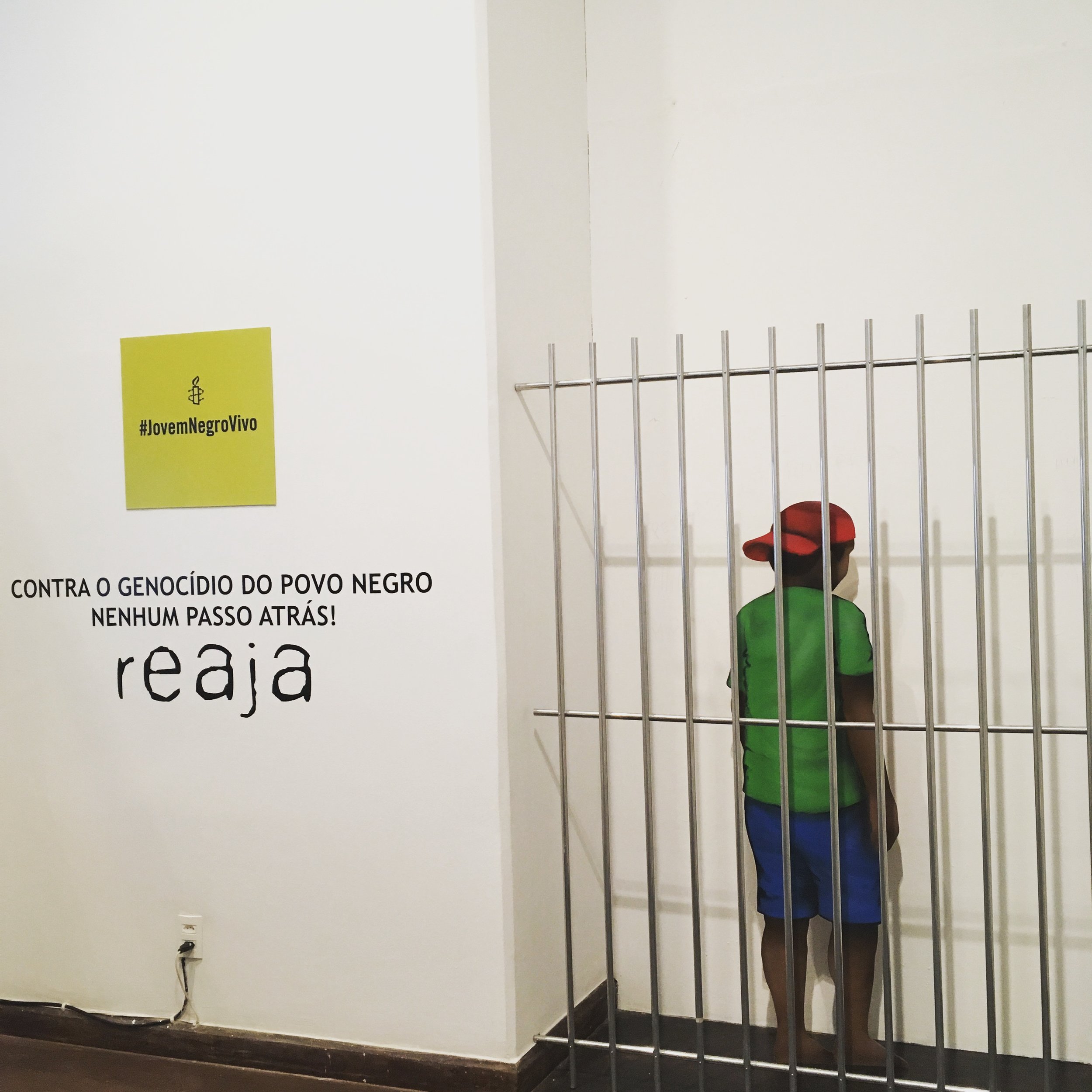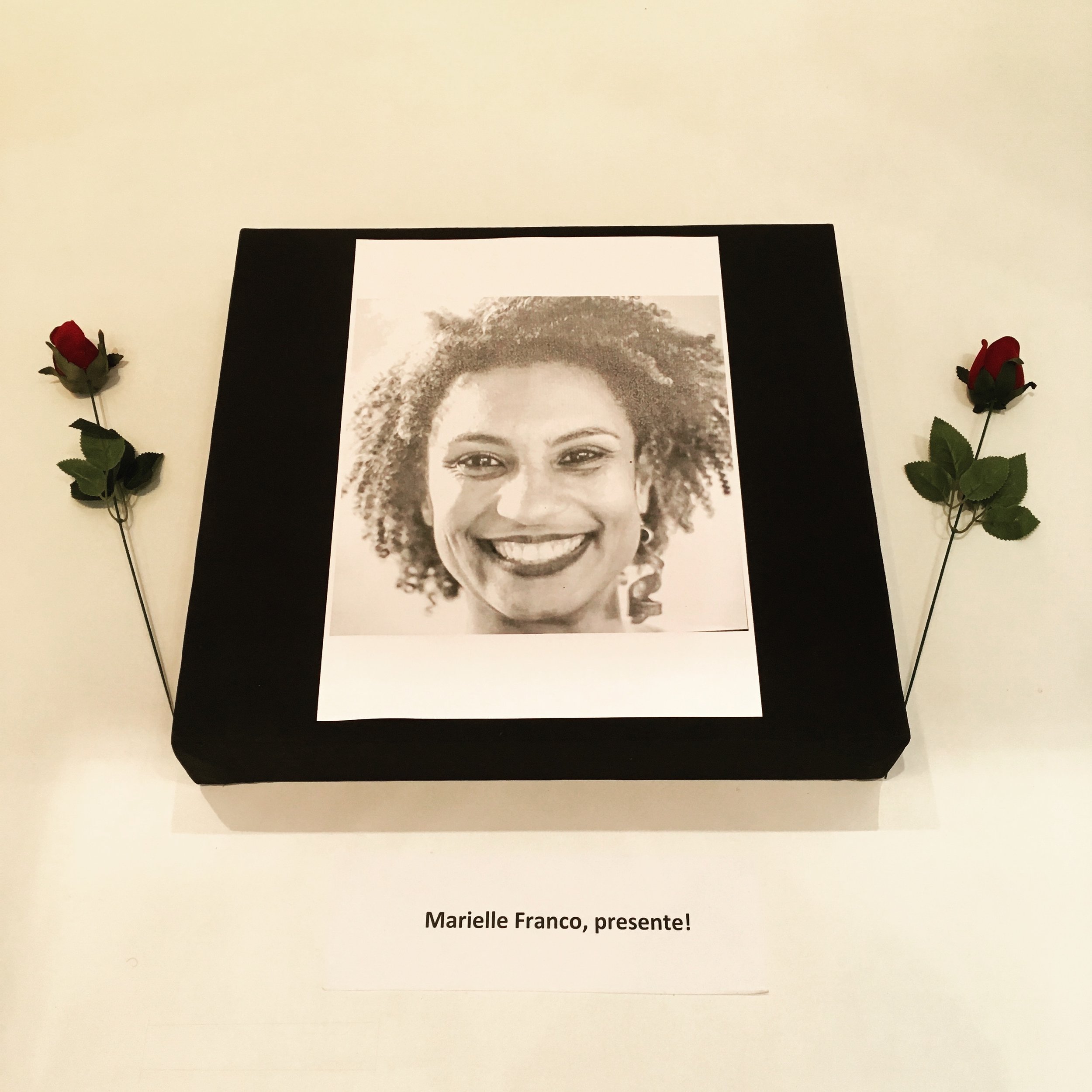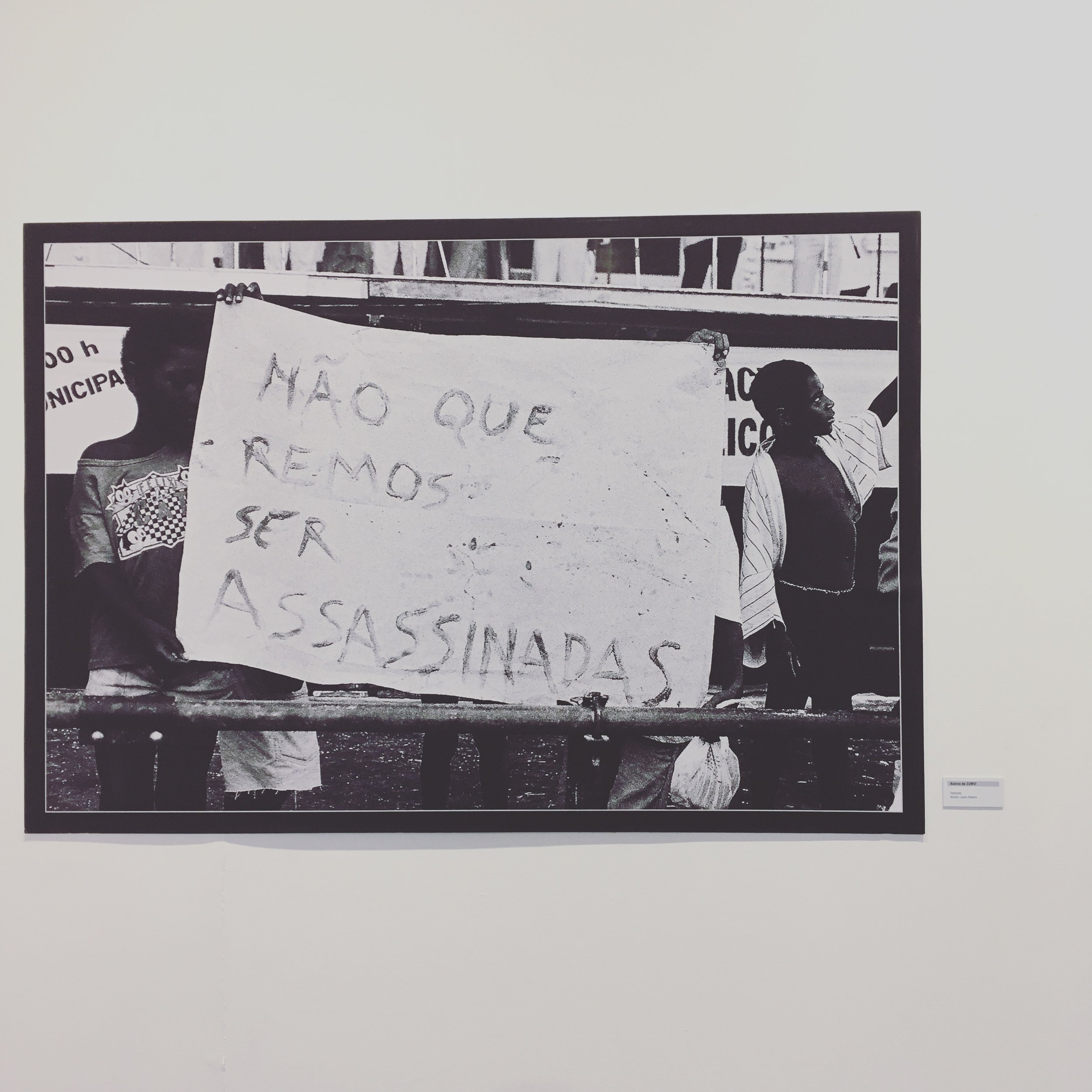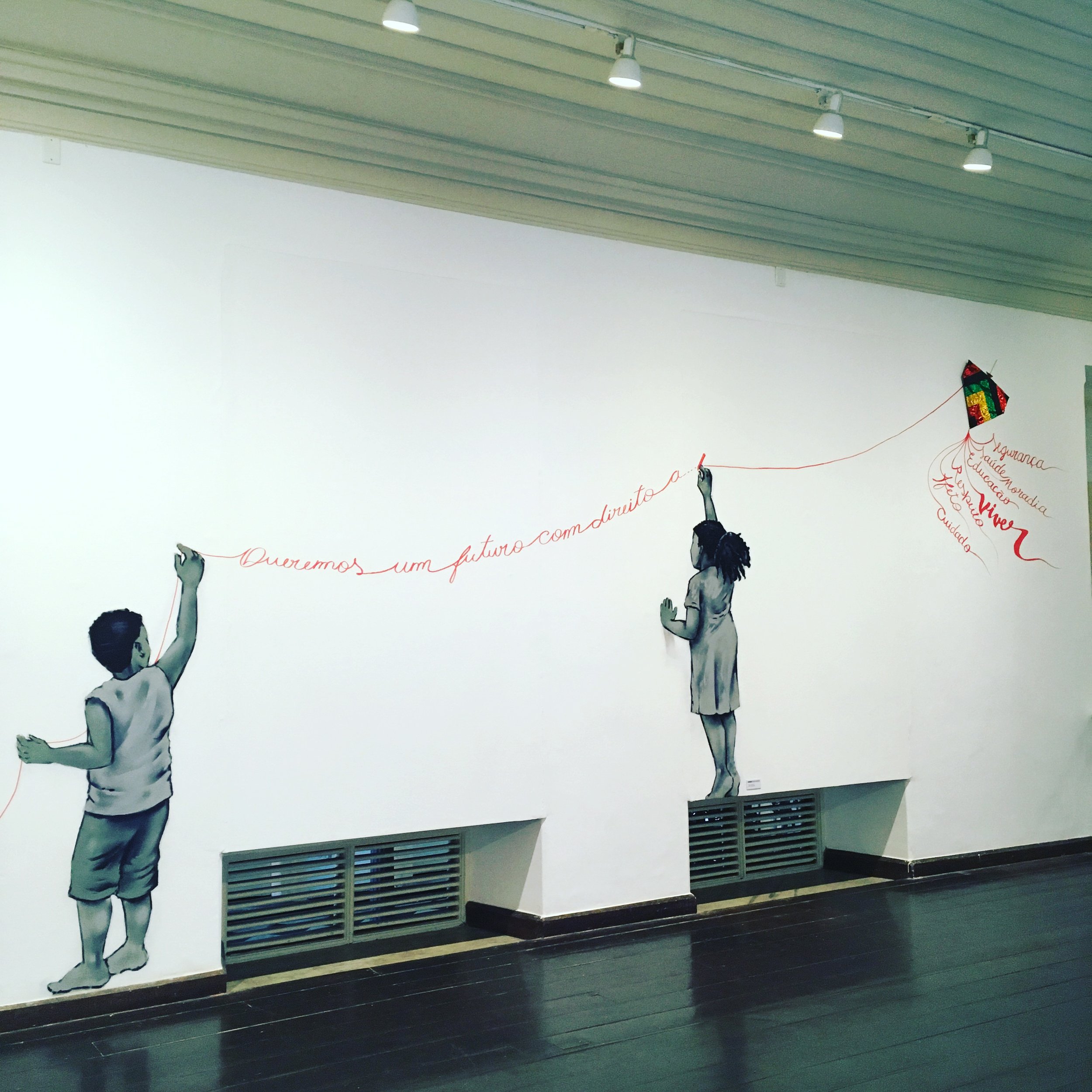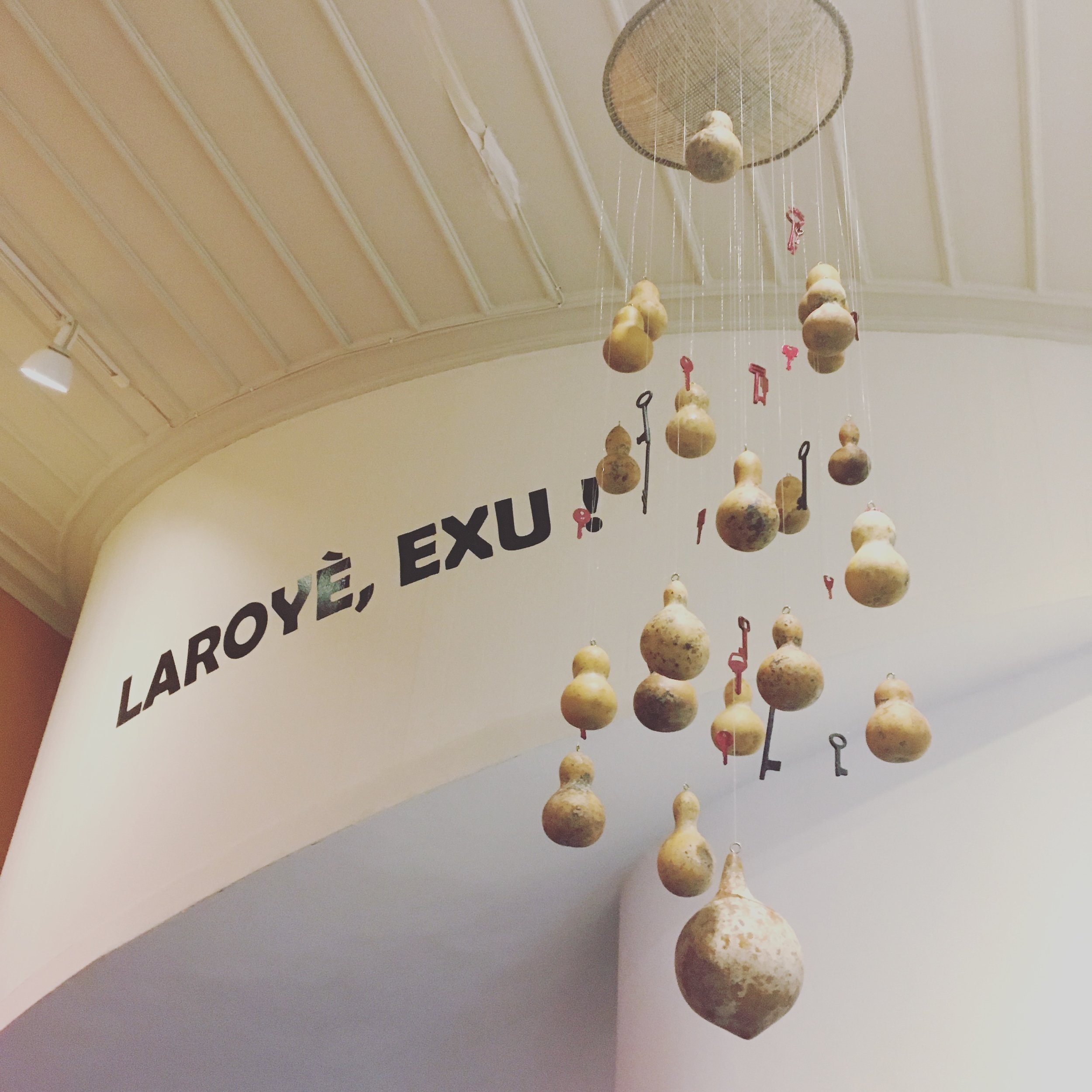Enjoy our first reflection on time in Rio de Janeiro by Luis David Rueda Molina '20!
Lapa felt dangerous, more so because of what we had been told than by any actual fear I could have. As soon as we got to the area, the group signaled to be quiet. After a rather long walk, we made it to Casa Nem, a shelter for trans folks and travestis in downtown Rio de Janeiro.
A #MarielleVive sticker sat right next to a #LulaLivre one at the door frame of the house. We knocked but Mari didn’t hear us. A couple of people who were hanging out in the street came to the rescue. They lived there. Mari answered and we entered.
High walls with mostly queer political messages here and there, Mari welcomed us and told us to make ourselves at home. She grabbed the food we had just bought at a bakery to put it at the table. Some more people came in. I was overwhelmed.
“Sou Roberta*” she said as she sat down right next to me. Roberta, a 22 year-old who introduced herself as “um gay feminino” while I was talking to her in portunhol, drank some of that powder chocolate we brought before going to work, which for her involves sex. The streets are rough, but she was about to make them because money makes the world go round.
As I bounced around another section of the room, I met Geraldo*. He was discussing his stances on black lives to the group of people he was talking to in some combination of Portuguese, Spanish and English. Oh boy, you do learn how to communicate in some combination of languages when something burns inside of you that much.
Their openness shocked me in a way I can’t really describe and their attention to a group of strangers amazed me. In less than 20 minutes, the room turned into a safe space where we let all the Beyoncé and Lady Gaga tunes run. In less than 20 minutes, we had turned from being a group of strangers meeting another group of strangers to singing together as loud as our lungs would allow. I wondered whether there was something more human than that. I guess, I answered that one.
Answering the question of why these people are pushed to the margins of society in such terrible ways and I am not gets slightly more tricky. It makes me damned privileged. It makes me terribly mad. It makes me stupidly anxious. And if I feel this way, I can’t even try to imagine how they feel. I have no right to imagine how they feel.
My energy dropped. I walked around the shelter, they took us upstairs and the poor state of the building frustrated me. We went to the downstairs area again and, as Mari told us what the shelter was supposed to be - but couldn’t be as of that moment, my energy dropped some more. We could all picture the space we were in as a coffee shop, but they all knew they couldn’t do it. Probably trained to feel desensitized to this whole reality that was overwhelming me, Mari told us how the house started and what kind of support to trans/travestis folks the house has always expected to provide. Big names came into the equation as she described the neighborhood and Madame Satã, the famous Brazilian drag queen and malandro, was among them. Indianare, a trans woman known for her activism in the Rio area, walked in and I could feel the discomfort in Jacob’s face, who unlike me, knew what was going on.
As Indianare began her 15 minute speech in Portuguese non-stop without translation, my energy dropped to the lowest low. As Portuguese is similar to Spanish, I managed to understand part of what she was saying. A person that used to frequent the shelter had been killed and burned two days before our meeting. Matheusa, the deceased, was a non-binary person of color and college student who was found dead in a favela. As she rambled on and on about how terribly awful this world is and how machismo/patriarchy is ingrained in our social structure, I (un)fortunately felt a strong sense of empathy towards her words. As she continued on in the most honest monologue ever delivered, I understood her anger as she talked about humans who hate on other humans and treat each other at an animalistic level. Thirty years being an activist and she still did not see the end. “And I hope it ends soon,” she concluded. She could not help the tears. As soon as we left the building, I couldn’t help to feel devastated. The feeling followed me throughout the whole night. Finding the courage to speak about anything right after our time there became a challenge.
We shared a lively moment with members of CasaNem (Longaker)
Thinking and re-thinking, I questioned myself and I questioned the male ga(y)ze that follows the way I live my queerness and my homosexuality. I ask the mainstream (white) male gay community what’s up? I ask folks like me, walking gay and privileged phalluses, what’s up? I ask myself what’s up? We get same-sex policies approved and we feel entitled to say we are done. Dead serious now, what are we doing?
Stop with that privileged GGGG bulls**t! Folks were beaten up at Stonewall and are still beaten up across the world in a bunch of places for feeling different, whether that is based on gender expression or sexual orientation. Trust me, I am not telling this to you for the sake of it, dear gay phallus. I am also telling this to myself because I am you and you are me, and we both do not speak up enough for the T within our LGBT. I am not blaming you directly for your passivity. I am blaming myself too.
Some could come to me and tell me that I should stop pitying. I am a white gay man. I am not a trans person or a travesti and therefore I can’t understand their struggle. They have different demands than we do as a collective because theirs are based on gender/gender identity and not sexual orientation. Oh well, you know what I say to that? I say, a) I am not pitying anybody, I am trying to be human to other human, b) I am not living their struggle but I can strongly empathize with someone being mistreated on a gender and sexuality basis, and it fucking hurts, c) we should all stop thinking that because our demands are different we shouldn’t help each other; at the end of the day, we all suffer from the gender and sexual hegemonies of this world.
Though the Brazilian court decided a few months ago to recognizes the right for people within the T to change their name and gender marker with no other medical or legal requirement, no clerk is able to do that yet. They will not get the instructions on how to carry out the process for another six months.
Policies do not, unfortunately, translate into actions, and this is true to any country. It is in institutions that lots of their oppression as LGBT, our oppression, lies. We might have some of our reasons to fight to be different, but as gay phalluses we should not only speak up when a (micro)aggression is committed against us and our GGGG agenda. My silence, that is also your silence, feeds a culture full of (micro) aggressions. Letting (micro) aggressions happen create power dynamics by which folks in the gender and sexual hegemonic can utilize their position of privilege to oppress members of any kind under the LGBT umbrella. Let us not screw this up! Let’s not consciously create a hegemonic within ourselves as a group. I tell this to you. I tell this to myself. Rethink your ga(y)ze. When the time to speak up comes around next time, shut your gay phallus up and remember that we are not GGGG, we are LGBT.
*Names changed to preserve anonymity
- Luis David Rueda Molina '20
